Patents
Literature
5886 results about "Naphthalene" patented technology
Efficacy Topic
Property
Owner
Technical Advancement
Application Domain
Technology Topic
Technology Field Word
Patent Country/Region
Patent Type
Patent Status
Application Year
Inventor
Naphthalene is an organic compound with formula C₁₀H₈. It is the simplest polycyclic aromatic hydrocarbon, and is a white crystalline solid with a characteristic odor that is detectable at concentrations as low as 0.08 ppm by mass. As an aromatic hydrocarbon, naphthalene's structure consists of a fused pair of benzene rings. It is best known as the main ingredient of traditional mothballs.
N-substituted dioxazine compound as well as preparation method and application thereof
The invention relates to an N-substituted dioxazine compound as well as a preparation method and application thereof. The N-substituted dioxazine compound has the following chemical structure general formula (I), wherein Ar in the chemical structure general formula (I) is a benzene ring, a naphthalene ring, and a pyridine or pyrimidine ring system. The compound is prepared with the following two steps: (1) taking 2-(benzyl)-7-benzindene[1,2-e][1,3-4] dioxazine-2,4a(3H,5H)-dicarboxylic acid-4a-methoxycarbonyl group and hydrogen as raw materials, taking Pd / C in solvent a as catalyst a, and carrying out hydrogenation, thus obtaining an intermediate B after reaction is finished; (2) taking (carbonylchloride) (aryl) methyl carhamate as the intermediate C, and carrying out (carbonylchloride) (aryl) methyl carhamate with the intermediate B obtained in the step (1) in the presence of a catalyst b in the solvent b; and obtaining the product N-substituted dioxazine compound. Compared with the prior art, the insecticidalactivity on the armyworm by the N-substituted dioxazine compound is 80-100%.
Owner:SHANGHAI JIAO TONG UNIV +1
Diesters of naphthalene dicarboxylic acid
A hair-treating composition containing a diester or polyester of a naphthalene dicarboxylic acid having compound formula (I) or (II), or mixtures; for imparting gloss and / or hair color stabilization:wherein each R1, same or different, is an alkyl group having 1 to 22 carbon atoms, a diol having the structure HO-R2-OH, or a polyglycol having the structure HO-R3-(-O-R2-)m-OH, wherein R2 and R3, same or different, are each an alkylene group, sight chain or branched, having 1 to 6 carbon atoms, and wherein m and n are each 1 to about 100, or a mixture thereof. These diesters and polyesters of formula (I) or (II) are quite effective in stabilizing the dibenzoylmethane derivative UV-A filter compounds making them more effective, and effective for longer periods of time.
Owner:SYMRISE GMBH & CO KG
Catalytic pyrolysis of solid biomass and related biofuels, aromatic, and olefin compounds
ActiveUS8277643B2Minimize coke productionSolid fuelsHydrocarbon from oxygen organic compoundsCatalytic pyrolysisHigh rate
This invention relates to compositions and methods for fluid hydrocarbon product, and more specifically, to compositions and methods for fluid hydrocarbon product via catalytic pyrolysis. Some embodiments relate to methods for the production of specific aromatic products (e.g., benzene, toluene, naphthalene, xylene, etc.) via catalytic pyrolysis. Some such methods may involve the use of a composition comprising a mixture of a solid hydrocarbonaceous material and a heterogeneous pyrolytic catalyst component. In some embodiments, the mixture may be pyrolyzed at high temperatures (e.g., between 500° C. and 1000° C.). The pyrolysis may be conducted for an amount of time at least partially sufficient for production of discrete, identifiable biofuel compounds. Some embodiments involve heating the mixture of catalyst and hydrocarbonaceous material at high rates (e.g., from about 50° C. per second to about 1000° C. per second). The methods described herein may also involve the use of specialized catalysts. For example, in some cases, zeolite catalysts may be used; optionally, the catalysts used herein may have high silica to alumina molar ratios. In some instances, the composition fed to the pyrolysis reactor may have a relatively high catalyst to hydrocarbonaceous material mass ratio (e.g., from about 5:1 to about 20:1).
Owner:UNIV OF MASSACHUSETTS
Pyridine, pyrimidine, quinoline, quinazoline, and naphthalene urotensin-II receptor antagonists
The present invention relates to urotensin II receptor antagonists, pharmaceutical compositions containing them and their use.
Owner:ENCYSIVE PHARMA INC
Method for preparing hydrogen and LNG from coke oven gas
InactiveCN108179046ALow investment costLow running costHydrogenGaseous fuelsHigh concentrationSeparation technology
The invention provides a method for preparing hydrogen and LNG from coke oven gas. The method comprises the following steps: electric decoking; boosting of the coke oven gas by a compression system; cooling of the raw gas coke oven gas by using the BOG gas (the BOG gas is a gas formed after the passive heating gasification of LNG) of LNG in order to further remove tar, benzene, naphthalene and like substances in the coke oven gas; and pretreatment using a TSA process to finely remove macromolecular impurities, such as tar, benzene, naphthalene and the like; wet and dry two-stage desulfurization for removing sulfides in the coke oven gas; two-stage low pressure shifting for a reaction of CO and water vapor to form CO2 and hydrogen; and pressurization using a compressor, an MDEA solution process for removing carbon dioxide, a membrane separation technology for separating hydrogen and methane, separation, concentration and purification of the hydrogen and methane, and dehydration, demercuration and liquefaction of the separated high-concentration methane to obtain the LNG. The coke oven gas is finally converted into the hydrogen and the LNG which have high values, so the energy of thecoke oven gas is fully used, and the environment is protected.
Owner:SICHUAN HENGRI GAS ENG CO LTD
Hydrogen peroxide disinfectant with increased activity
InactiveUS6346279B1High activityReduced activityBiocideInorganic phosphorous active ingredientsDisinfectantPhosphoric acid
An acidic aqueous hydrogen peroxid solution is provided, with improved disinfectant activity. Concentrated solutions preferably contain up to about 8% and as-used concentrations contain about 0.5% peroxide. The solution also contains from 0.1 to 5.0% of at least one acid compound, e.g. phosphoric and / or a phosphonate with from 1 to 5 phosphonic acid groups, and from 0.02 to 5% of at least one anionic surfactant. The surfactant is selected from C8 to C16-alkyl aryl sulphonic acids, sulphonated C12 to C22 carboxylic acids, C8 to C22-alkyl diphenyl oxide sulphonic acids, naphthalene sulphonic acids, C8 to C22 alkyl sulphonic acids, and alkali metal and ammonium salts thereof, and alkali metal C8 to C18 alkyl sulphates, and mixtures thereof. Most preferably the solution has an emulsifier, e.g. a salt of an alkylated diphenyl oxide. The solution may also contain corrosion inhibitors and / or lower alcohols.
Owner:VIROX TECH
Naphthalene isoxazoline invertebrate pest control agents
ActiveUS20100254959A1Treating and preventing and inhibiting and killing ectoBiocideOrganic chemistryPest controlNaphthalene
Disclosed are compounds of Formula 1,whereinR1 is halogen, C1-C2 haloalkyl or C1-C2 haloalkoxy;R2 is H, halogen or cyano;R3 is H, halogen or CF3;R4 is H, C2-C7 alkylcarbonyl or C2-C7 alkoxycarbonyl; andR5 is C1-C6 alkyl or C1-C6 haloalkyl, each substituted with one substituent independently selected from hydroxy, C1-C6 alkoxy, C1-C6 alkylthio, C1-C6 alkylsulfinyl, C1-C6 alkylsulfonyl, C2-C7 alkylaminocarbonyl, C3-C9 dialkylaminocarbonyl, C2-C7 haloalkylaminocarbonyl and C3-C9 halodialkylaminocarbonyl.Also disclosed are compositions containing the compounds of Formula 1 and methods for controlling an invertebrate pest comprising contacting the invertebrate pest or its environment with a biologically effective amount of a compound or a composition of the invention.
Owner:CORTEVA AGRISCIENCE LLC
Naphthalene isoxazoline invertebrate pest control agents
ActiveUS8410153B2Treating and preventing and inhibiting and killing ectoBiocideOrganic chemistryHalogenPest control
Disclosed are compounds of Formula 1,whereinR1 is halogen, C1-C2 haloalkyl or C1-C2 haloalkoxy;R2 is H, halogen or cyano;R3 is H, halogen or CF3;R4 is H, C2-C7 alkylcarbonyl or C2-C7 alkoxycarbonyl; andR5 is C1-C6 alkyl or C1-C6 haloalkyl, each substituted with one substituent independently selected from hydroxy, C1-C6 alkoxy, C1-C6 alkylthio, C1-C6 alkylsulfinyl, C1-C6 alkylsulfonyl, C2-C7 alkylaminocarbonyl, C3-C9 dialkylaminocarbonyl, C2-C7 haloalkylaminocarbonyl and C3-C9 halodialkylaminocarbonyl.Also disclosed are compositions containing the compounds of Formula 1 and methods for controlling an invertebrate pest comprising contacting the invertebrate pest or its environment with a biologically effective amount of a compound or a composition of the invention.
Owner:CORTEVA AGRISCIENCE LLC
Electrets and compounds useful in electrets
An electret filter media that includes a thermoplastic resin and a compound of the formula Y2-A(R1)n—Y1, where A is benzene, naphthalene or anthracene, Y1 and Y2 are each independently R2-R3, R2 is an ester linking group or an amide linking group, R3 is an alkyl group having from 10 to 22 carbon atoms, R1 is R2-R3 where R2 and R3 are each independently as defined above, and when A is benzene, n is from 0 to 4, when A is naphthalene, n is from 0 to 6, and when A is anthracene, n is from 0 to 8.
Owner:3M INNOVATIVE PROPERTIES CO
Additives in gypsum panels and adjusting their proportions
ActiveUS20110054053A1Good effectMinimizes set retardationAntifouling/underwater paintsPaints with biocidesSulfonateSide chain
A panel is provided that includes stucco, water and a dispersant component having dispersing properties and comprising a comb-branched polymer with polyether side chains, naphthalene sulfonate-formaldehyde condensate or melamine sulfonate-formaldehyde condensate. A polycondensation component is also included in the slurry that includes three repeating units. A method of making the gypsum panel includes combining stucco, water and a first dosage of a first dispersant to form a slurry, the first. A second dosage of a second dispersant is added to the slurry. Properties of the gypsum slurry are tested and it is formed into a product. The product sets and properties of the product are identified. The first dosage or the second dosage is changed based on the properties of the slurry or product.
Owner:UNITED STATES GYPSUM CO
Method for preparing liquefied natural gas from coke oven gas
InactiveCN101280235ATo achieve coordinated developmentReasonable process combinationCombustible gas chemical modificationChemical industryMethanationImpurity
Disclosed is a method which uses coke-oven gas as the raw material to produce liquefied natural gas; the method includes that the coke-oven gas is pretreated firstly to enable the tar, naphthalene and benzene impurities contained in the coke-oven gas to be purified deeply; and the purified coke-oven gas is processed with methanation reaction after compression and desulfurization; the liquefied natural gas product which contains CH4 with the content of more than 85% through the cryogenic separation process; the residual non-condensable gas is prepared to obtain the hydrogen with the purity of 99% through the PSA separation technique; the residual desorbed gas can be used as manufactured gas. The method which uses the coke-oven gas as the raw material to produce liquefied natural gas has the advantages of making full use of the compositions, saving energy, water and the investment, simple process and realizing the trinity coordinated development of economy, environment and energy sources.
Owner:SHENGHE RESOURCES HLDG CO LTD
Method and device for synthesizing natural gas by using coke oven gas
A method for synthesizing and producing natural gas by hydrogen of coal gas and its synthesizer are disclosed. The process is carried out by purifying tar, crude removing sulfur, ammonia, benzene and naphthalene, compressing to 0.5-5.0 MPa, removing sulfur impurities, supplementing carbon 5-20 wt%, and methanation reacting to obtain final product. It saves energy resources and has no environmental pollution.
Owner:张文慧 +1
Anionic surfactants based on alkene sulfonic acid
InactiveUS6043391AIncrease productionImprove yieldGroup 3/13 element organic compoundsFlushingAlkylphenolAlpha-olefin
New anionic surfactants and methods of preparation which are derived from aromatic or substituted aromatic molecules and alkenesulfonic acid. Wherein the aryl compound is alkylated and sulfonated in one-step with an alkene sulfonic acid prior to sulfonic acid neutralization. The methods allow the functional sulfonate group to be attached to the end of the alkyl chain rather than to the aromatic ring thus allowing for selective substituted groups, either branched, linear or alkoxylated or combinations thereof to be placed on the aryl compound prior to sulfonation and alkylation. The invention uses the alkene sulfonic acid produced from thin-film sulfonation of an alpha-olefin to alkylate benzene, mono-substituted aromatic, poly-substituted aromatic, alkylbenzene, alkoxylated benzene, polycyclic aromatic, mono-substituted polycyclic aromatic, poly-substituted polycyclic aromatic, naphthalene, alkylnaphthalene, phenol, alkylphenol, alkoxylated phenol, and alkoxylated alkylphenolalkyl substituted or polysubstituted cyclic or polycyclic compounds to produce the corresponding sulfonic acid having an additional alkyl group derived from the alpha-olefin used during the thin-film sulfonation which is either linear or branched.
Owner:OIL CHEM TECH
Powdery attapulgite foaming agent
The invention discloses a powdery attapulgite foaming agent. The technical scheme has the following key points: the powdery attapulgite foaming agent is composed of active attapulgite clay, sodium percarbonate, sodium pyrophosphate, lauryl sodium sulfate, sodium polyacrylate and poly-naphthalene formaldehyde sodium sulfonate. The finished product of the powdery attapulgite foaming agent is prepared by stirring, grinding and packaging the ingredients. The powdery attapulgite foaming agent has the advantages that the foaming agent is high in foaming capacity, more in bubbling times and large in unit volume foam production quality, and enables the outer films of foams to have good toughness so as to guarantee the foams not to be easily broken; the foams are good in stability, can exist for a long time without being defoamed, and are fine and smooth; holes generated in a medium are even in sizes; the water secretion quantity is low; and the used medium is good in compatibility, etc. The products produced by the powdery attapulgite foaming agent not only can effectively control the noise pollution, but also have the functions of heat preservation and air purification; and the powdery attapulgite foaming agent is suitable for producing light weight boards, light weight walls and noise reduction products.
Owner:盱眙泰禾高新科技有限公司
Photochromic naphthopyran compounds: compositions and articles containing those naphthopyran compounds
InactiveUS7008568B2High sensitivity to solar radiationEliminate needOrganic chemistryDiffusing elementsCompound aSulfur
A photochromic naphthopyran displays good color distribution when the naphthopyran has a central nucleus of the formula: wherein F is a 5-member, 6-member, or 7-member heterocyclic ring group having only one heteroatom, the heteroatom selected from the group consisting of oxygen, sulfur, and nitrogen, the 2,3 or 3,2 positions of the heterocyclic ring fused to the g, h, or i side;R1 and R2 are the atoms or groups providing photochromic properties to the naphthopyran.
Owner:HOYA OPTICAL LABS OF AMERICA INC
Organic electroluminescence device and method of manufacture
InactiveUS20050095456A1Long luminescence life-timeProlong lifeDischarge tube luminescnet screensElectroluminescent light sourcesPhenyl groupPyrene
An organic electroluminescence device of the present invention comprises a light emitting layer held between electrodes, the light emitting layer containing at least a host material and a dye or pigment. The light emitting layer further comprises an additive exhibiting an absorption edge of which energy level is higher than that of an absorption edge of the dye or pigment, but the difference of the energy levels being less than 120 kJ / mol, having no lone pair, and including at least two aromatic rings. The additive of the present invention is selected from a group consisting of phenyl-substituted anthracenes, naphthyl-substituted anthracenes, naphthyl-substituted naphthalenes, pyrenes, and a naphthacene derivatives.
Owner:IBM CORP
Selective sintering of structurally modified polymers
ActiveUS20090295042A1Improve mechanical propertiesSpeed up the processAdditive manufacturing apparatusLiquid surface applicatorsSelective laser sinteringPolymer science
A three-dimensional object is manufactured by selective sintering by means of electromagnetic radiation, wherein the powder comprises a polymer or copolymer having at least one of the following structural characteristics:(i) at least one branching group in the backbone chain of the polymer or copolymer, provided that in case of the use of polyaryletherketones (PAEK) the branching group is an aromatic structural unit in the backbone chain of the polymer or copolymer;(ii) modification of at least one end group of the backbone chain of the polymer or copolymer;(iii) at least one bulky group within the backbone chain of the polymer of copolymer, provided that in case of the use of polyaryletherketones (PAEK) the bulky group is not selected from the group consisting of phenylene, biphenylene, naphthalene and CH2— or isopropylidene-linked aromatics;(iv) at least one aromatic group non-linearly linking the backbone chain.
Owner:EOS ELECTRO OPTICAL SYST
Composition for forming base film for lithography and method for forming multilayer resist pattern
ActiveUS20100316950A1Improve the immunityExcellent resist patternFireproof paintsPhotosensitive materialsResistOrganic solvent
Owner:MITSUBISHI GAS CHEM CO INC
Pharmaceutical compositions, kits and methods comprising combinations of estrogen agonists/antagonists, estrogens and progestins
The present invention relates to pharmaceutical compositions, kits and methods comprising combinations of (−)-cis-6-phenyl-5-[4-(2-pyrrolidin-1-yl-ethoxy)-phenyl]-5,6,7,8-tetrahydro-naphthalene-2-ol or nontoxic pharmacologically acceptable acid addition salts thereof and estrogens. The present invention also relates to pharmaceutical compositions, kits and methods comprising combinations of (−)-cis-6-phenyl-5-[4-(2-pyrrolidin-1-yl-ethoxy)-phenyl]-5,6,7,8-tetrahydro-naphthalene-2-ol or nontoxic pharmacologically acceptable acid addition salts thereof, estrogens and progestins.
Owner:PFIZER INC
Method of preparing synthetic natural gas by coke oven gas
ActiveCN1919985AHigh calorific valueLow impurity contentGaseous fuelsCompressed natural gasMethanation
The invention discloses the method for producing natural gas with coking gas, comprising the following steps: purifying coking gas and removing benzene, naphthalene, hydrocarbon and sulphide, compressing, heat transferring, carrying out methanation reaction with catalyst, hydrogen in COG reacting with carbonic oxide and carbon dioxide to get methane; putting the mixture gas into pressure swing adsorbing device, and getting natural gas whose concentration is 90%. The natural gas has high caloric value, low impurity content.
Owner:SOUTHWEST RES & DESIGN INST OF CHEM IND
Low-foaming hydrogen peroxide cleaning solution for organic soils
InactiveUS6686324B2Inorganic/elemental detergent compounding agentsOrganic detergent compounding agentsParticulatesAlkane
A low-foaming cleaning solution and dry particulate formulation which can be diluted with water, deionized water, or mixtures thereof, to form the cleaning solution. The cleaning solution has an alkaline pH, which is preferably from about 8 to about 11.5 and consists essentially of at least one low foaming surfactant in a concentration of from about 0.005% to about 40% w / w of the total solution, at least one active oxygen releasing compound in an amount effective to produce a hydrogen peroxide concentration of from about 0.005% to about 50% w / w of the total solution, at least one builder in a concentration of from about 0.001% to about 50% w / w of the total solution, and at least one diluent selected from the group consisting of water, deionized water, and mixtures thereof. The at least one surfactant is selected from the group consisting of C3-C8 alkane sulfonates, C3-C8 alkyl sulfates, C1-C7 alkyl naphthalene sulfonates, polyoxyethylene / polyoxypropylene block copolymers having a polyoxypropylene molecular weight of from about 1500 to about 8500, of which less than about 30% of the total molecular weight is due to the polyoxyethylene portion, and mixtures thereof. The at least one active oxygen releasing compound is selected from the group consisting of hydrogen peroxide, at least one source of hydrogen peroxide, and mixtures thereof.
Owner:JOHNSONDIVERSEY INC
High temperature polyurethane/urea elastomers
InactiveUS6964626B1High and low temperature resistance propertiesHigh and low temperature resistance propertyV-beltsRopes and cables for vehicles/pulleyElastomerPolyester
The present invention relates to molded polyurethane / urea elastomers, and specifically to improved polyurethane / urea elastomers having high temperature stability to about 140–150° C. and low temperature flexibility at about −35–(−40)° C., for use in dynamic applications. These elastomers are particularly useful for application in belts, specifically in automotive timing or synchronous belts, V-belts, multi V-ribbed or micro-ribbed belts, flat belting and the like. The polyurethane / urea elastomers of the present invention are prepared by reacting polyisocyanate prepolymers with symmetric primary diamine chain extenders, mixtures of symmetric primary diamine chain extenders and secondary diamine chain extenders, or mixtures of symmetric primary diamine chain extenders and non-oxidative polyols, which are all chosen to eliminate the need for catalysts via standard molding processes, and to improve phase separation. The polyisocyanate prepolymers are reaction products of polyols which are nonoxidative at high temperatures, such as polycarbonate polyols, polyester polyols, or mixtures thereof, with organic polyisocyanates which are either compact, symmetric and aromatic, such as para-phenylene diisocyanate, 1,5-naphthalene diisocyanate, and 2,6-toluene diisocyanate, or are aliphatic and possess trans or trans,trans geometric structure, such as trans-1,4-cyclohexane diisocyanate and trans,trans-4,4′-dicyclohexylmethyl diisocyanate.
Owner:THE GATES CORP
Integrated process to convert heavy oils from oil sands to petrochemical feedstock
ActiveUS20050258073A1Thermal non-catalytic crackingTreatment with plural serial cracking stages onlyAlkaneFuel oil
An aromatics / naphthalene rich stream obtained by processing heavy gas oil derived from tar sands and cycle oils derived from cracking heavy gas oil may optionally be blended and subjected to a hydrogenation process and a ring opening reaction typically in the presence of a zeolite, alumina, or silica alumina based catalyst which may contain noble metals and or copper or molybdenum to produce paraffinic feedstocks for further chemical processing.
Owner:NOVA CHEM (INT) SA
Methods and compositions relating to insect repellents from a novel endophytic fungus
The present invention relates to the discovery of a novel endophytic fungus, Muscodor vitigenus, from the liana, Paullinia paullinioides. This fungus produces naphthalene under certain cultural conditions that has chromatographic and mass spectral properties that are identical to authentic naphthalene. In a preferred embodiment, the naphthalene in the gas phase of M. vitigenus is useful in the repellency of unwanted insect pests. The unique biological activity of the novel endophyte suggests a wide range of potential practical applications, particularly in the area of insect repellents, insecticides, antimicrobials, anthelmintics and vermicides.
Owner:MONTANA STATE UNIVERSITY
Powdery attapulgite foaming agent
The invention discloses a powdery attapulgite foaming agent. The technical scheme has the following key points: the powdery attapulgite foaming agent is composed of active attapulgite clay, sodium percarbonate, sodium pyrophosphate, lauryl sodium sulfate, sodium polyacrylate and poly-naphthalene formaldehyde sodium sulfonate. The finished product of the powdery attapulgite foaming agent is prepared by stirring, grinding and packaging the ingredients. The powdery attapulgite foaming agent has the advantages that the foaming agent is high in foaming capacity, more in bubbling times and large in unit volume foam production quality, and enables the outer films of foams to have good toughness so as to guarantee the foams not to be easily broken; the foams are good in stability, can exist for a long time without being defoamed, and are fine and smooth; holes generated in a medium are even in sizes; the water secretion quantity is low; and the used medium is good in compatibility, etc. The products produced by the powdery attapulgite foaming agent not only can effectively control the noise pollution, but also have the functions of heat preservation and air purification; and the powdery attapulgite foaming agent is suitable for producing light weight boards, light weight walls and noise reduction products.
Owner:江苏世澳非金属应用科技有限公司
Silicon/graphene laminar composite material for lithium ion battery cathode and preparation method thereof
ActiveCN102064322ALarge active surface areaImprove cycle performanceCell electrodesSurface-active agentsElectrochemistry
The invention relates to a preparation method of a silicon / graphene laminar composite material for lithium ion battery cathode. The composite material adopts a laminar sandwich structure, silicon nano-particles are dispersed on each lamina of the grapheme, the laminas of the grapheme are separated from one another by the silicon nano-particles and the edges of the laminas are in lapped joint so as to constitute a laminar conductive network structure. The preparation method thereof comprises the steps of: formulating anhydrous silicon tetrachloride, surface active agent, sodium naphthalene and graphite oxide to tetrahydrofuran solution, adding the tetrahydrofuran solution into a reactor for reaction in vacuum at the temperature ranging from 380 to 400 DEG C, filtering the reactant to result in the product, and then washing, drying and heating the product to obtain the silicon / grapheme composite material. The preparation method of the invention has the advantages of simple preparation process and great easiness for industrial production; and the silicon / graphene laminar composite material prepared according to the method includes excellent conductivity, power performance, electrochemical activity and cycle stability, and is particularly suitable for manufacturing lithium ion battery cathode.
Owner:深圳清研紫光科技有限公司
Photochromic compounds and compositions
Described herein are compounds generally comprising an indeno[2′,3′:3,4]naptho[1,2-b]pyran structure. Such compounds may be useful for their photochromic properties, and be used in certain photochromic compositions. Such compositions may further comprise other photochromic compositions and / or materials. Additionally, such compounds and / or compositions may be suitable for preparing certain photochromic articles. Also described herein are methods for preparing certain photochromic compounds, compositions, and articles.
Owner:TRANSITIONS OPTICAL INC
Implantable prostheses with improved mechanical and chemical properties
InactiveUS7083644B1Improved mechanical and chemical propertyImproved mechanical and thermal propertyBlood vesselsBiopolymerMechanical property
Prostheses with improved chemical and mechanical properties manufactured that includes a radiation resistant and hydrolytically stable biocompatible fabric having outer and first and second ends with a textile fabric that includes a naphthalene dicarboxylate derivative polymer having the general formula:wherein R1 and R3 are the same or different groups and are independently selected from the naphthalene dicarboxylate derivative repeating unit (I), a hydrogen radical and a methyl radical. R2 is an alkylene radical having 1 to 6 carbon atoms; n is from 10 to 200. Also contemplated are implantable prostheses that are flat constructions useful as patches and filters or tubular constructions useful as vascular grafts. A further aspect of this invention provides a method for making a radiation and thermal resistant and hydrolytically stable, steam sterilizable biocompatible prosthesis.
Owner:SCI MED LIFE SYST +1
Pyridine, pyrimidine, quinoline, quinazoline, and naphthalene urotensin-II receptor antagonists
The present invention relates to urotensin II receptor antagonists, pharmaceutical compositions containing them and their use.
Owner:ENCYSIVE PHARMA INC
Organic semiconductor material containing naphthalene [1, 2-c: 5, 6-c] di [1, 2, 5] thiadiazole and application thereof
ActiveCN102060982AEasy to manufactureEquilibrium SolubilitySolid-state devicesSemiconductor/solid-state device manufacturingMetal catalystChemical groups
The invention relates to an organic semiconductor material containing naphthalene [1, 2-c: 5, 6-c] di [1, 2, 5] thiadiazole and application thereof, wherein the organic semiconductor material is prepared by reacting the halogenated derivatives with the monomer containing an aromatic group structure under the metal catalyst, wherein the halogenated derivatives are obtained by halogenating the naphthalene [1, 2-c: 5, 6-c] di [1, 2, 5] thiadiazole; the aromatic group is connected with a naphthalene [1, 2-c:5, 6-c] di [1, 2, 5] thiadiazole unit in a conjugate manner. The organic semiconductor material is characterized by containing 3, 7 substituted decorative[1, 2-c: 5, 6-c] di [1, 2, 5] thiadiazole chemical groups; as the naphthalene [1, 2-c:5, 6-c] di [1, 2, 5] thiadiazole has excellent electron-withdrawing ability and planarity, the organic semiconductor material can excellently adjust the photoelectric property, has excellent photoelectric performance, and is applied to the field of organic photoelectric components.
Owner:SOUTH CHINA UNIV OF TECH
Features
- R&D
- Intellectual Property
- Life Sciences
- Materials
- Tech Scout
Why Patsnap Eureka
- Unparalleled Data Quality
- Higher Quality Content
- 60% Fewer Hallucinations
Social media
Patsnap Eureka Blog
Learn More Browse by: Latest US Patents, China's latest patents, Technical Efficacy Thesaurus, Application Domain, Technology Topic, Popular Technical Reports.
© 2025 PatSnap. All rights reserved.Legal|Privacy policy|Modern Slavery Act Transparency Statement|Sitemap|About US| Contact US: help@patsnap.com
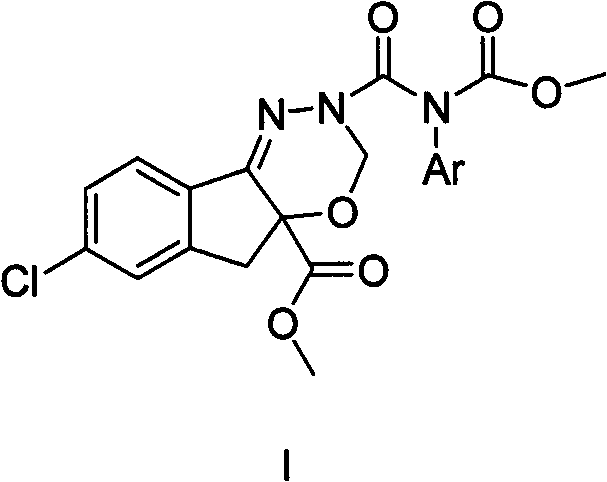
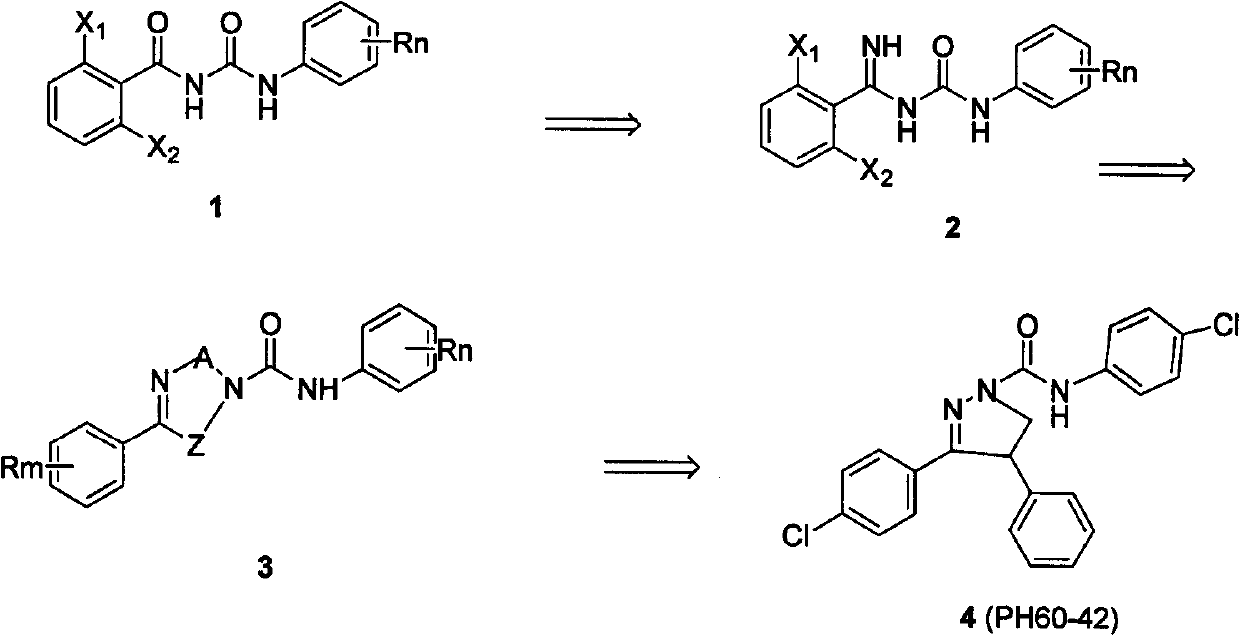
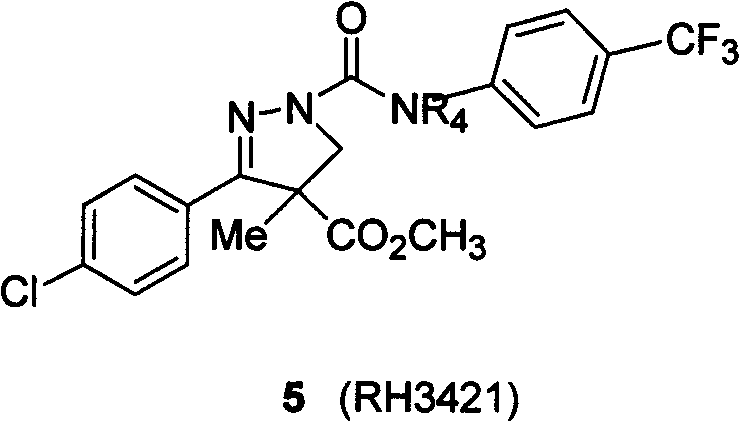
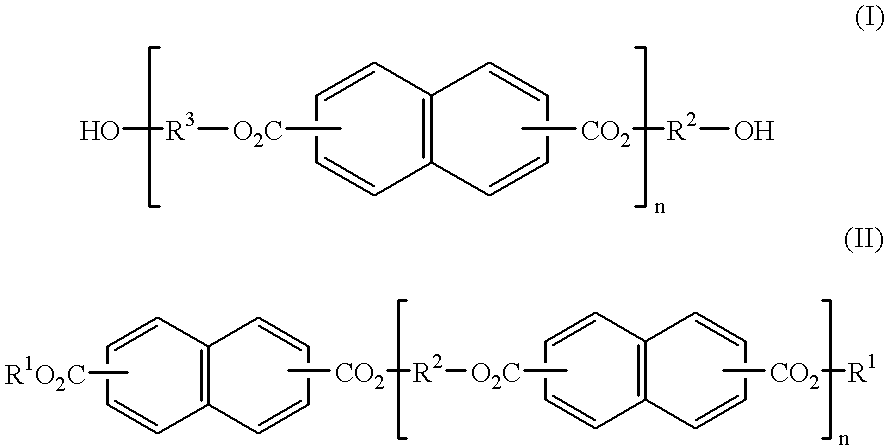
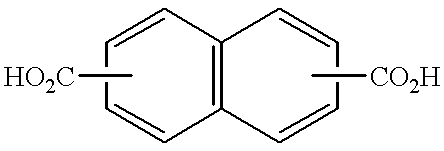

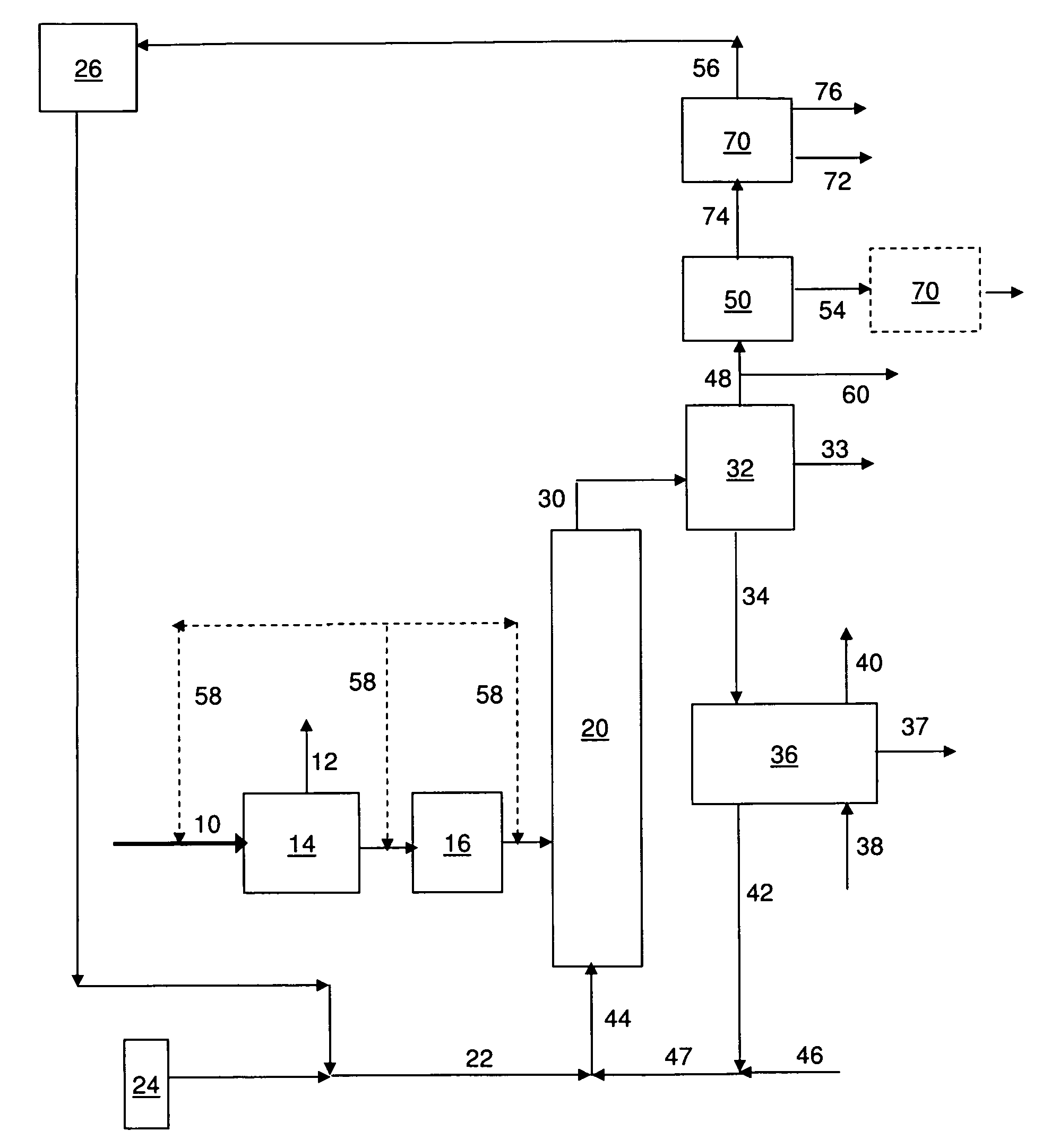
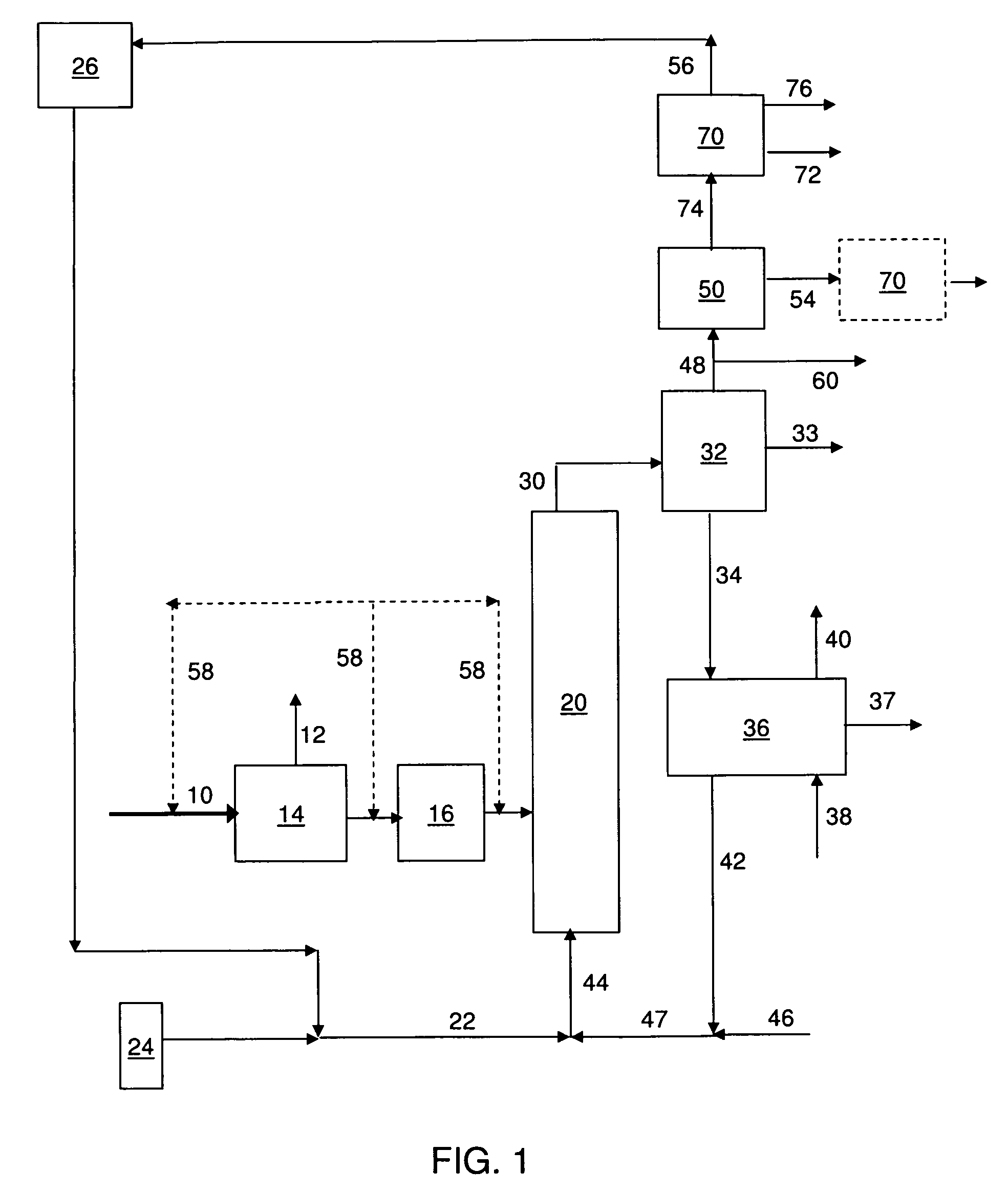
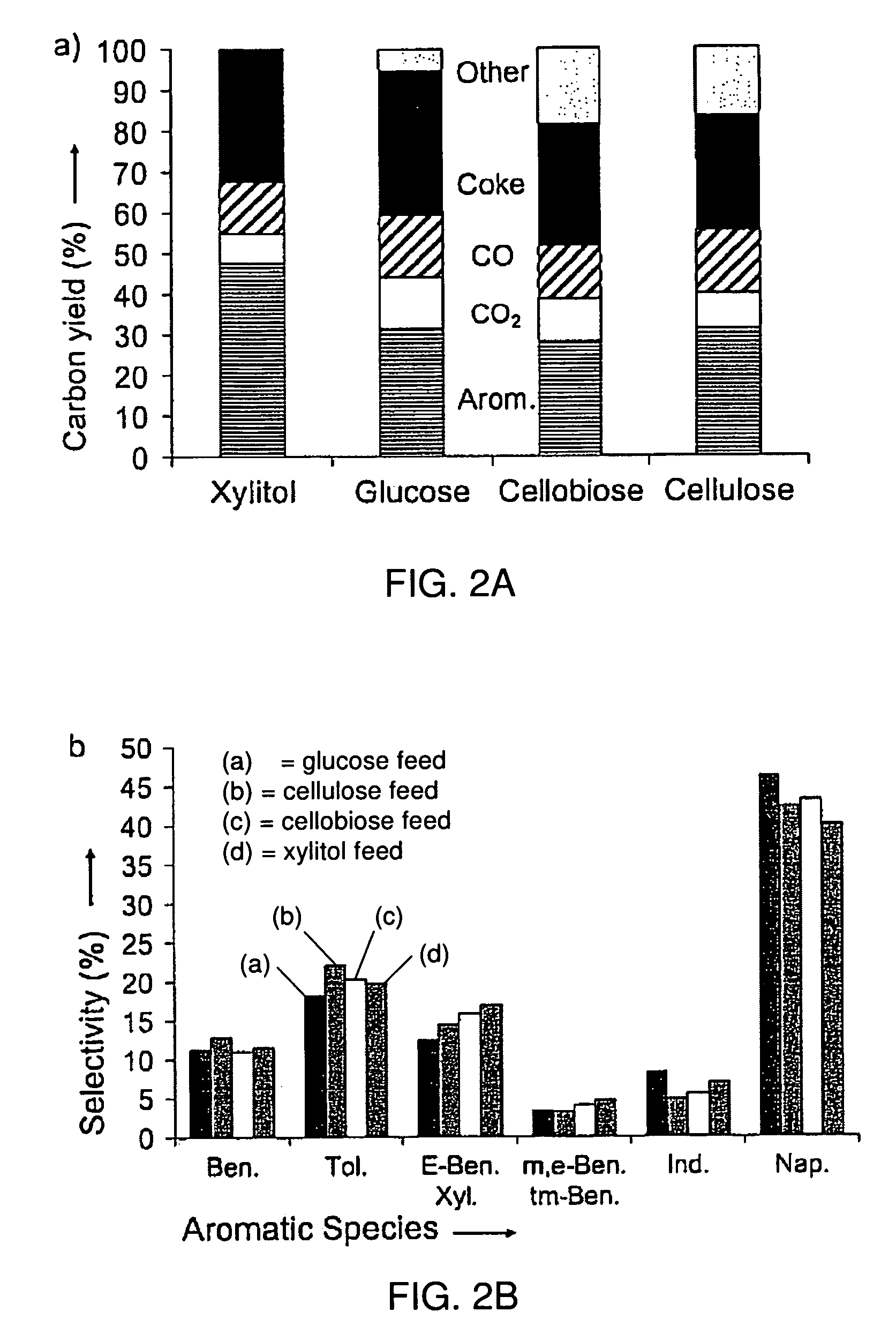
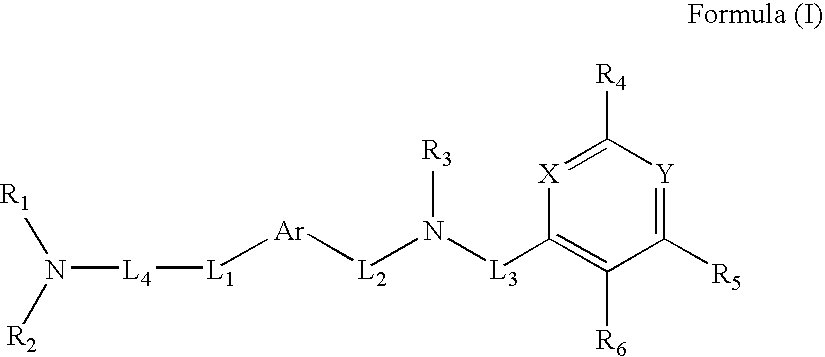
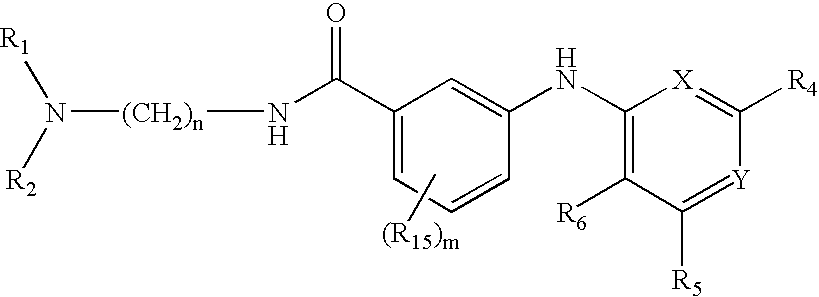
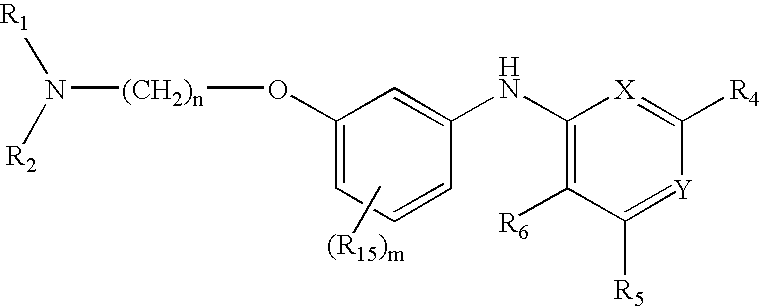
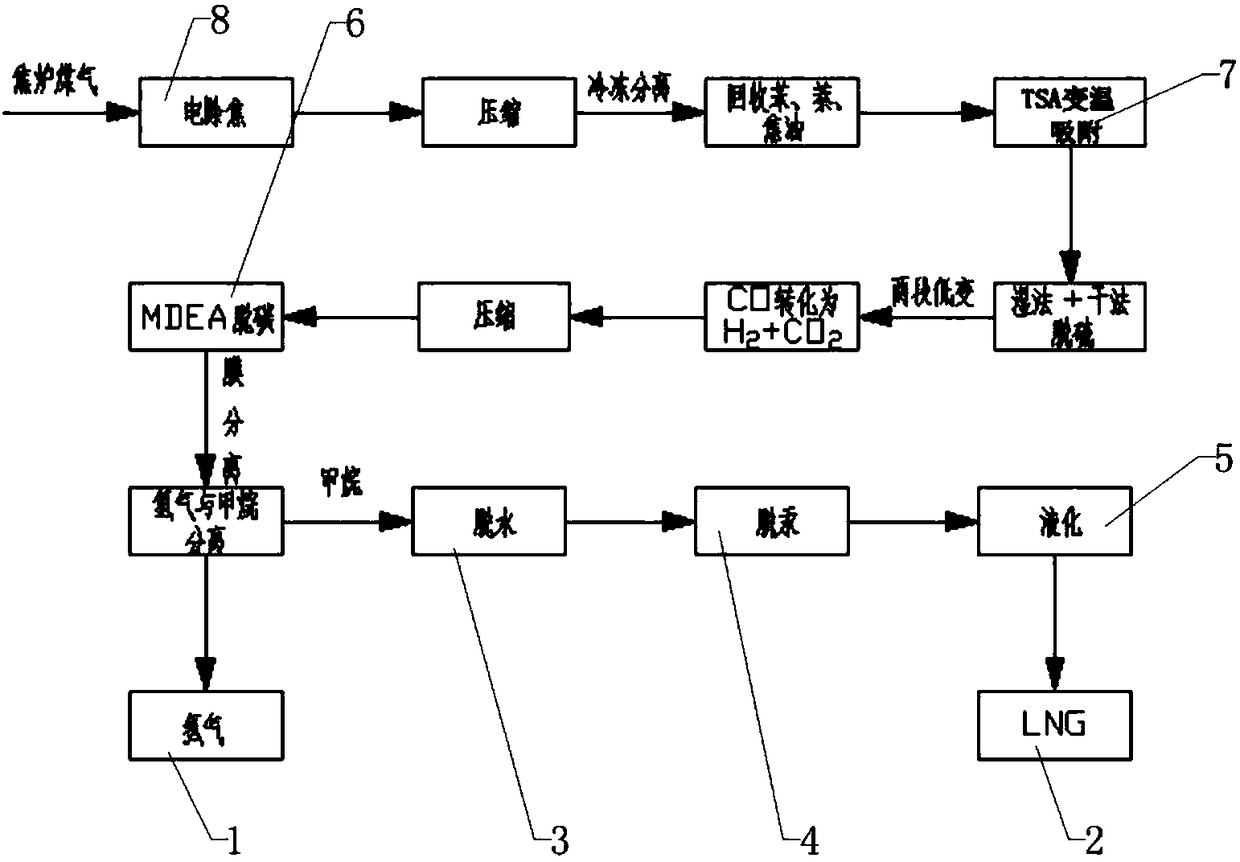
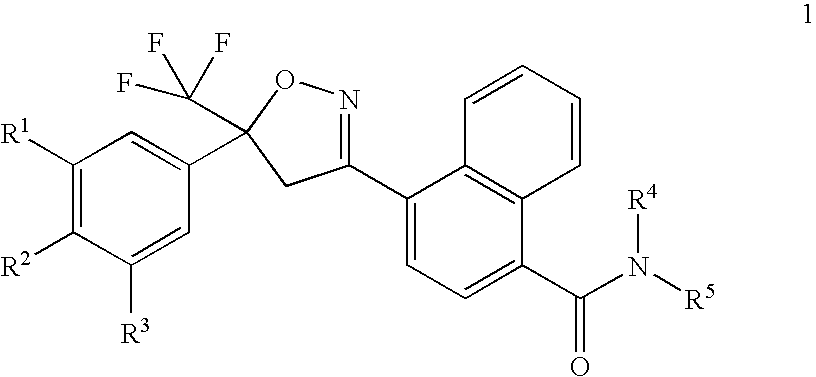
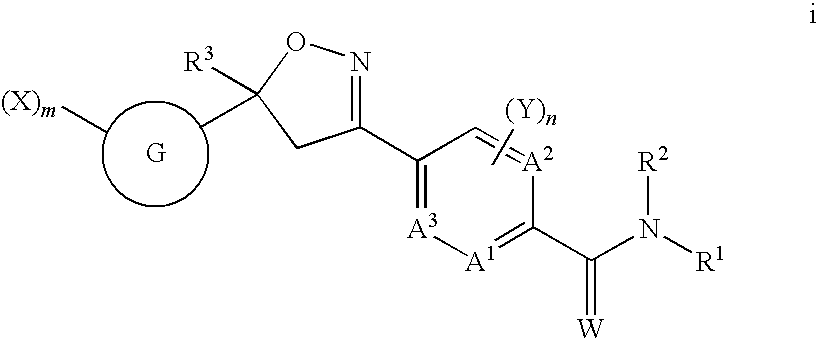
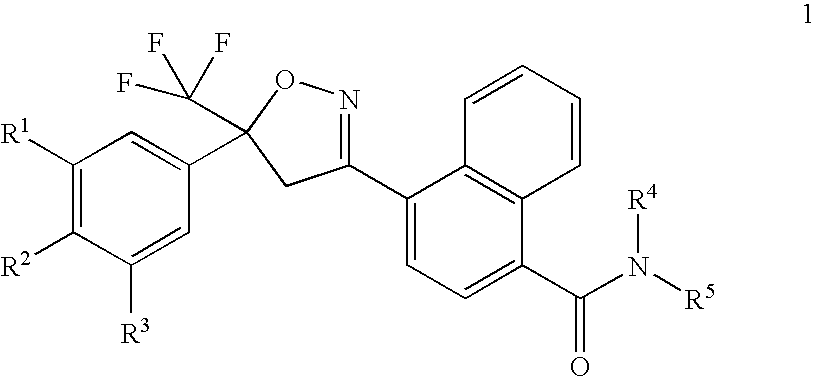
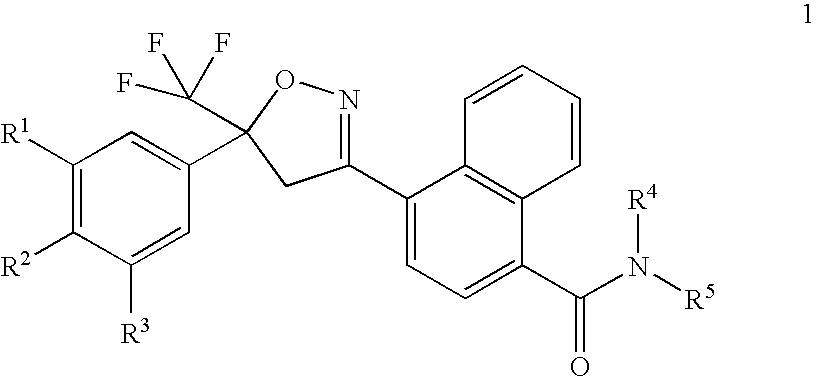
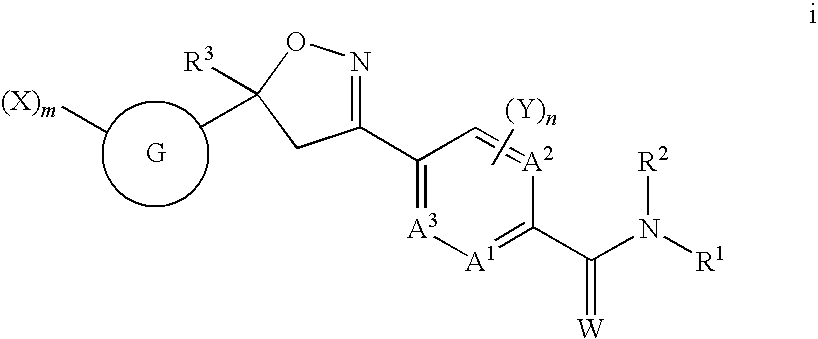
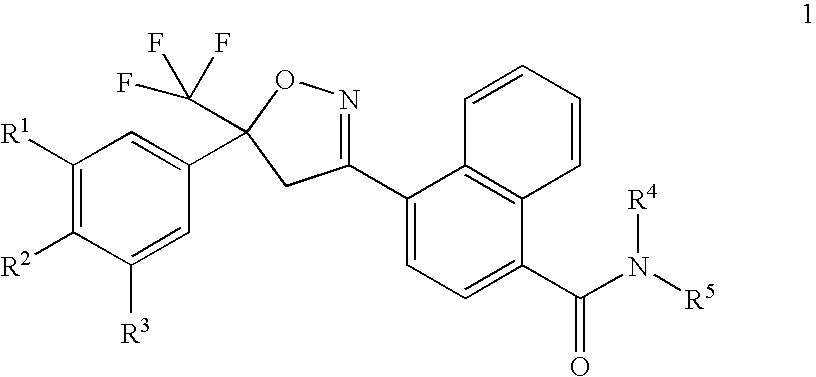
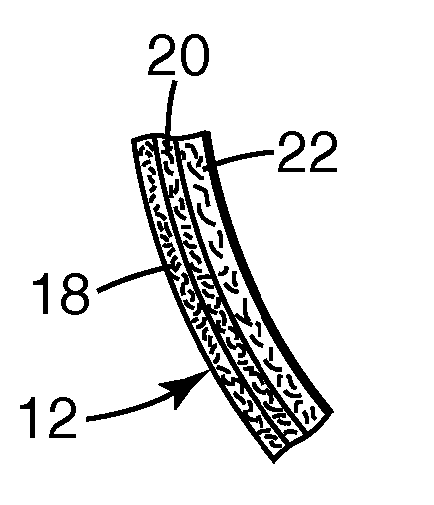
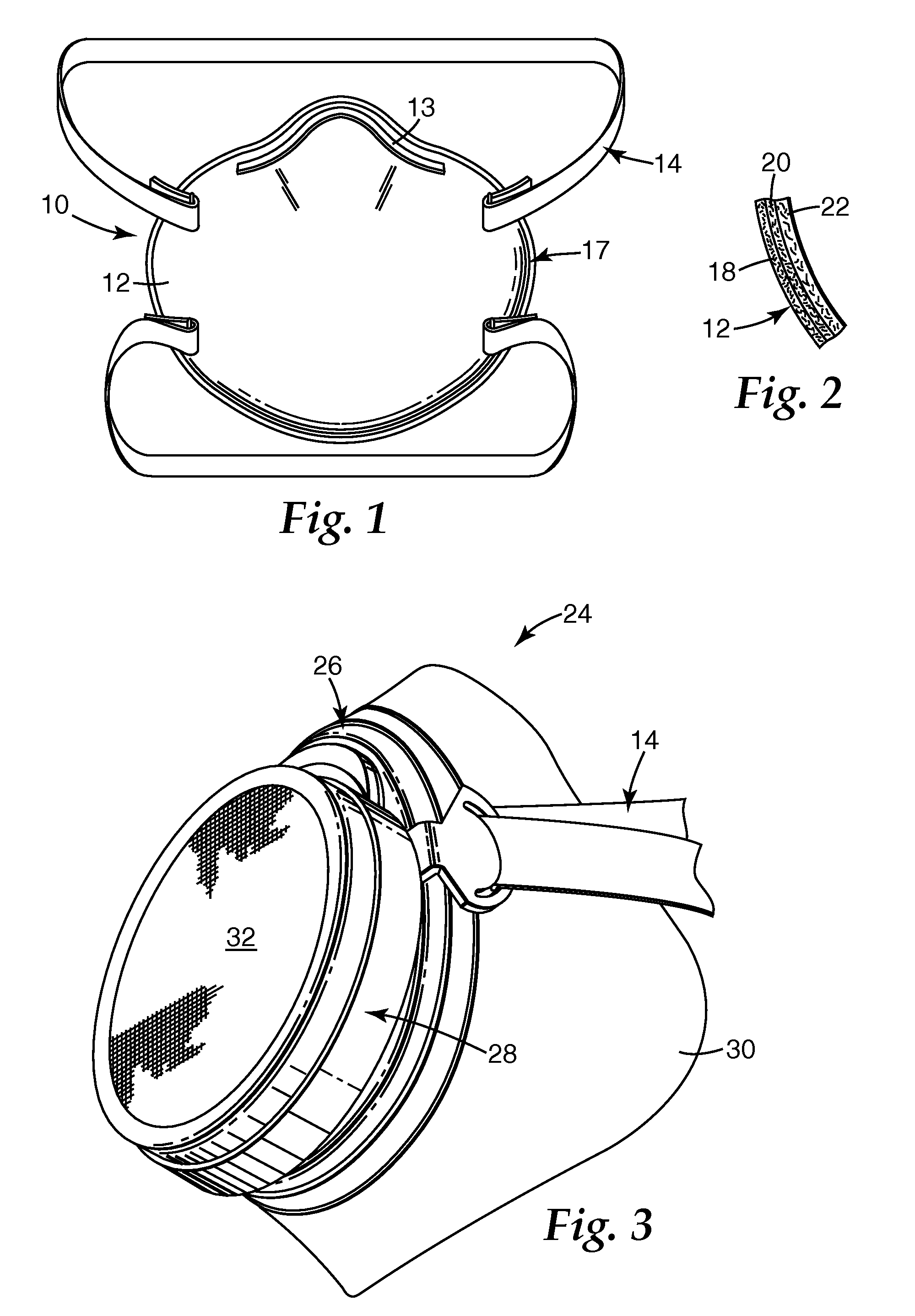
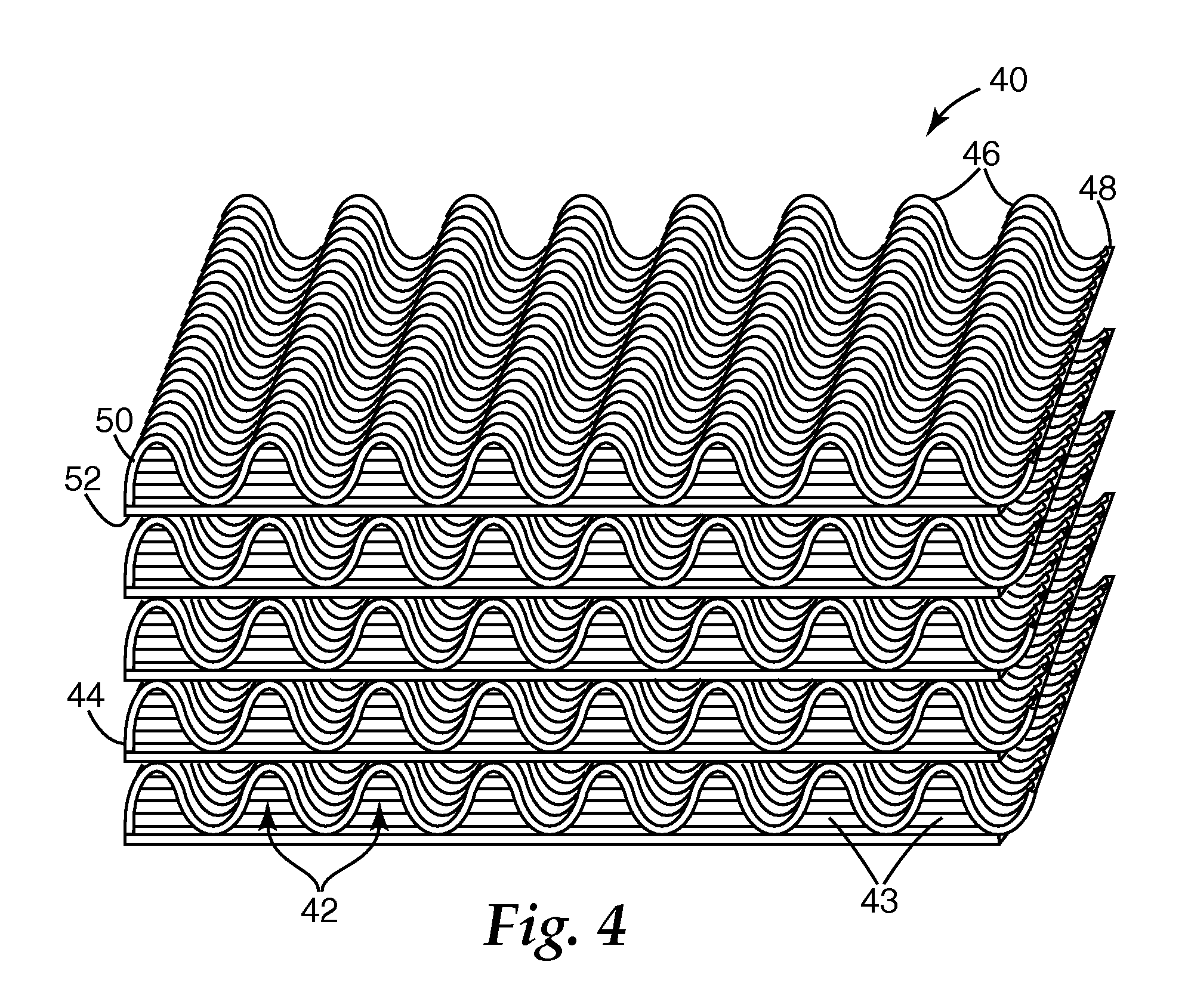
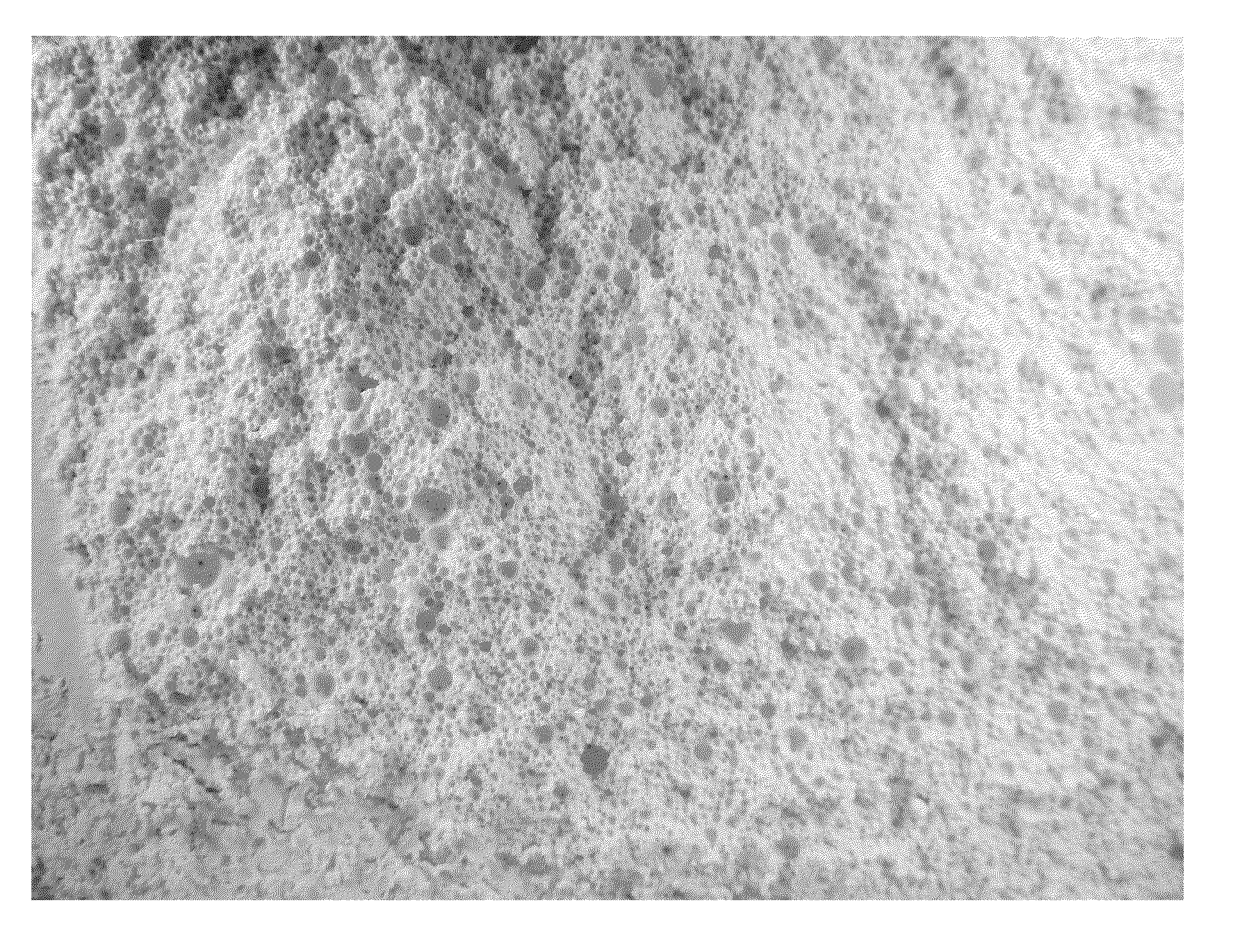
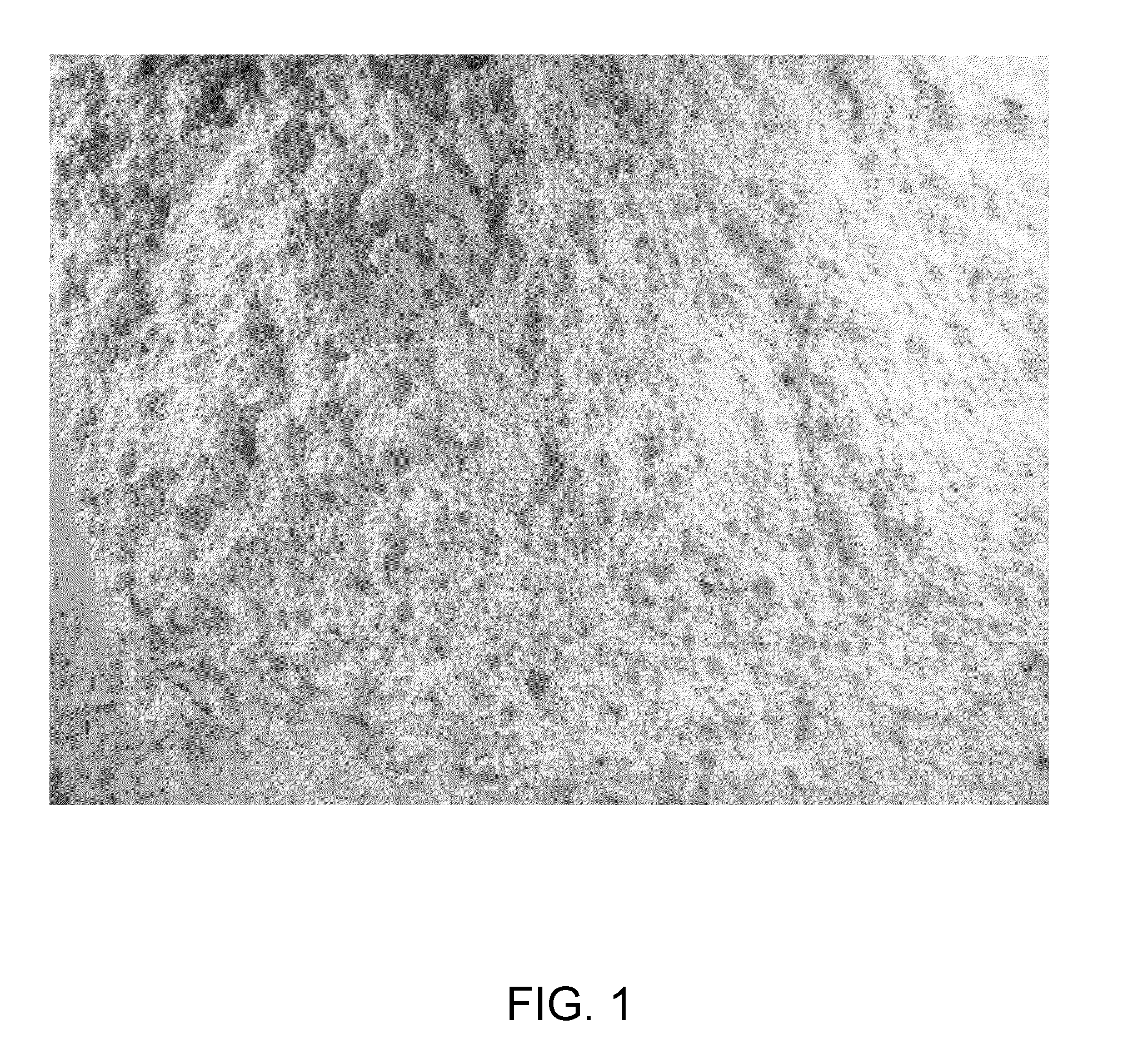
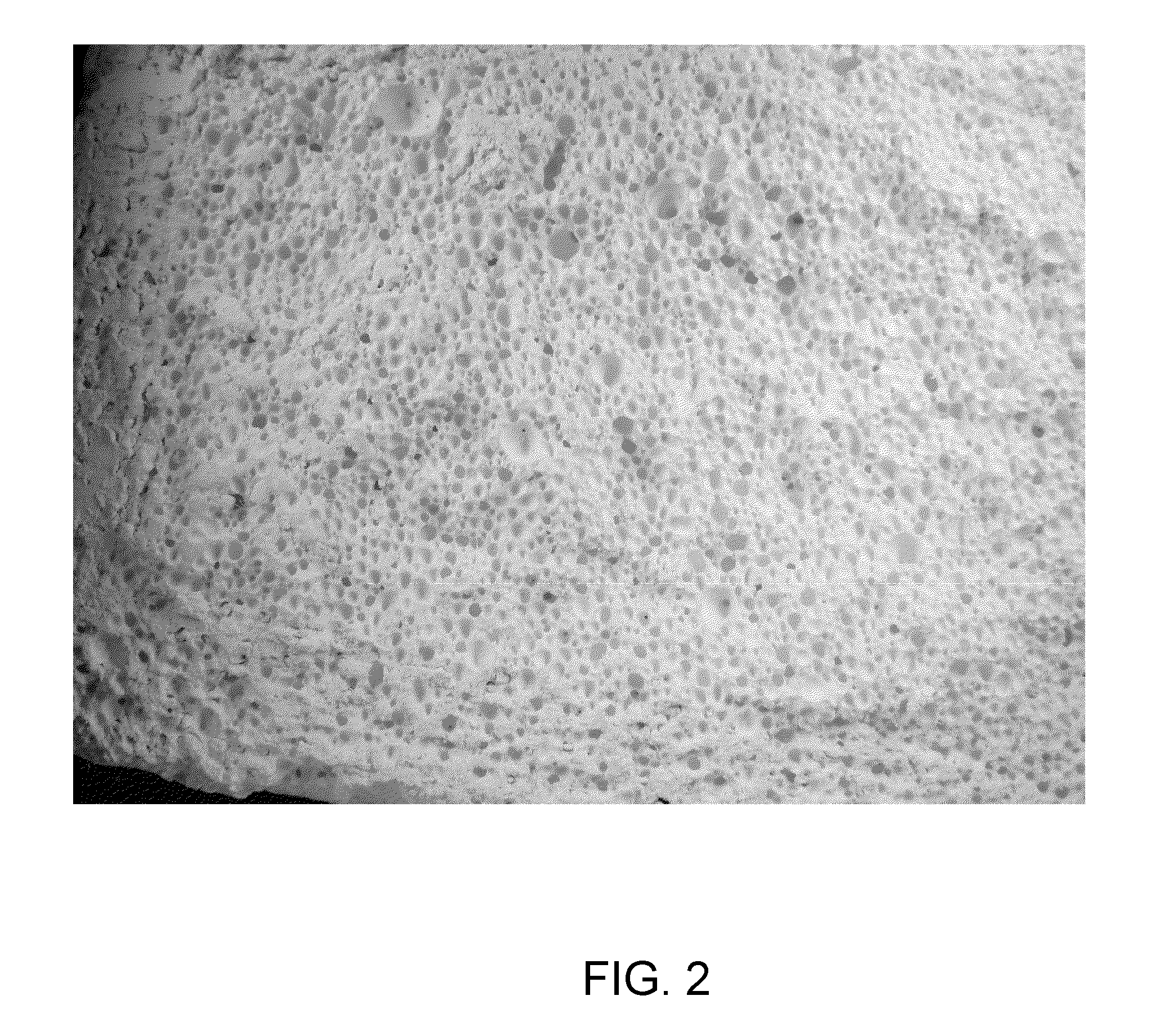
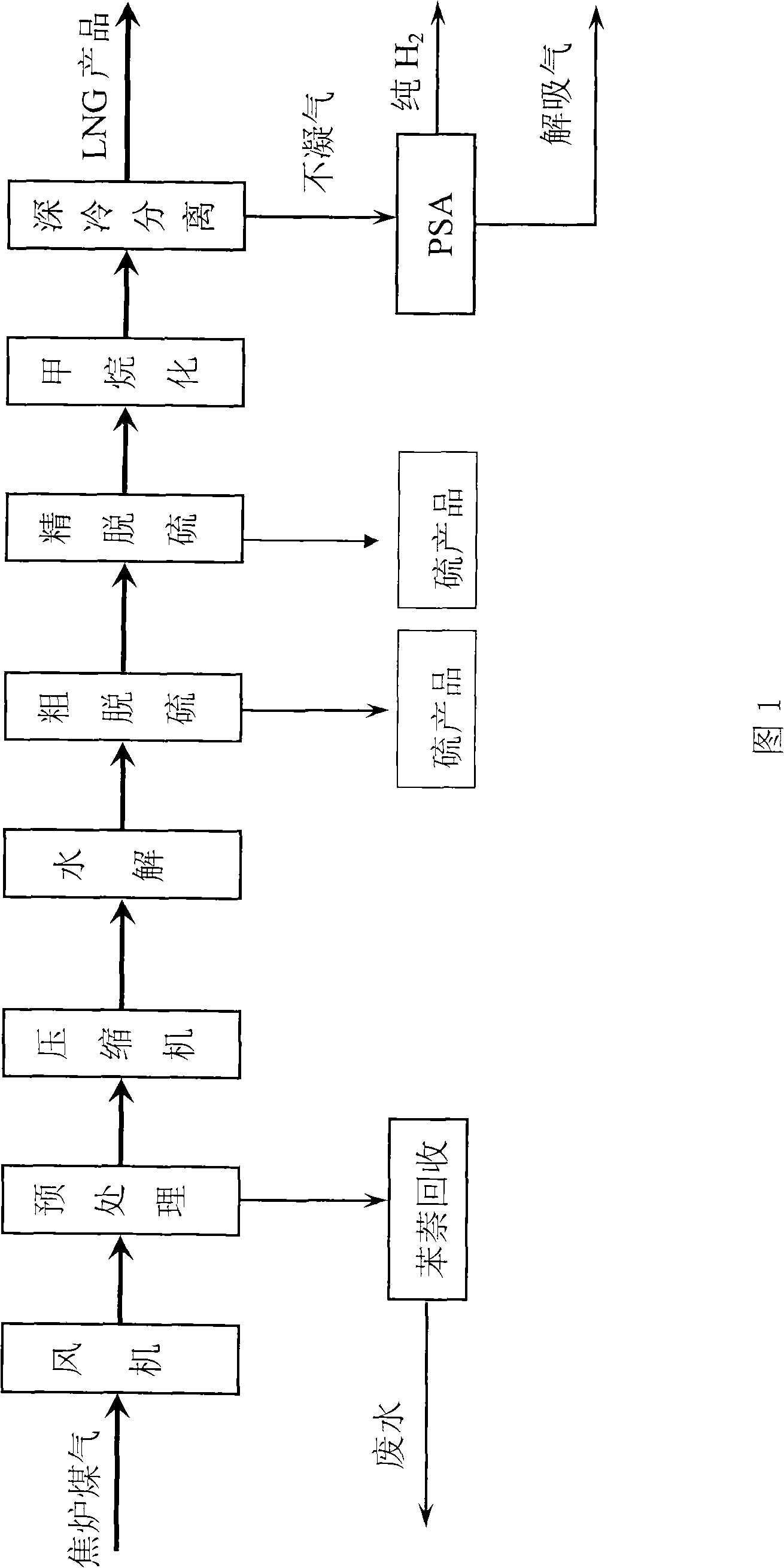
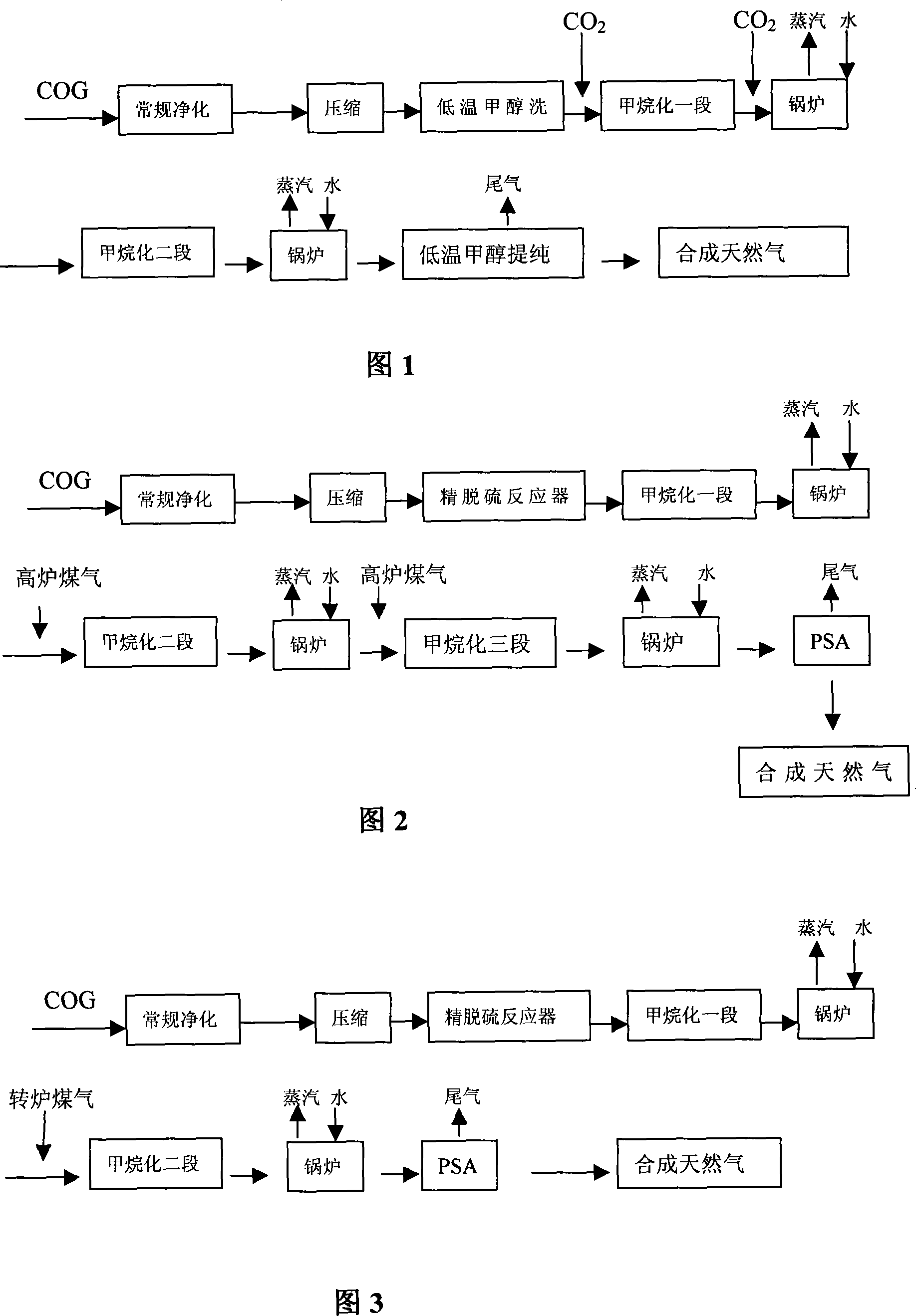



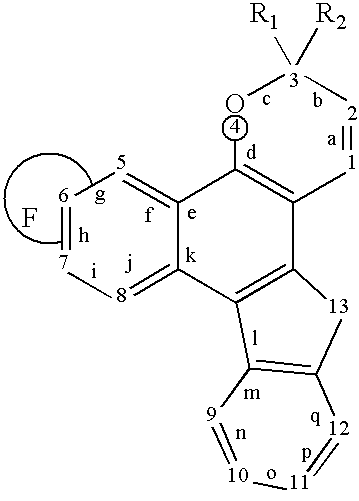
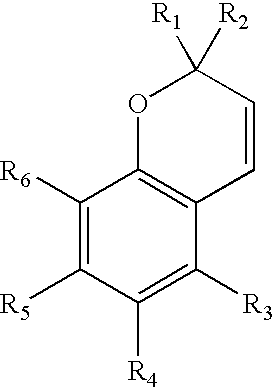
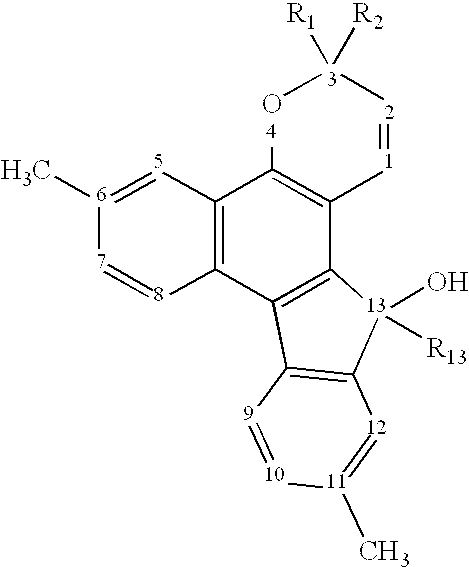
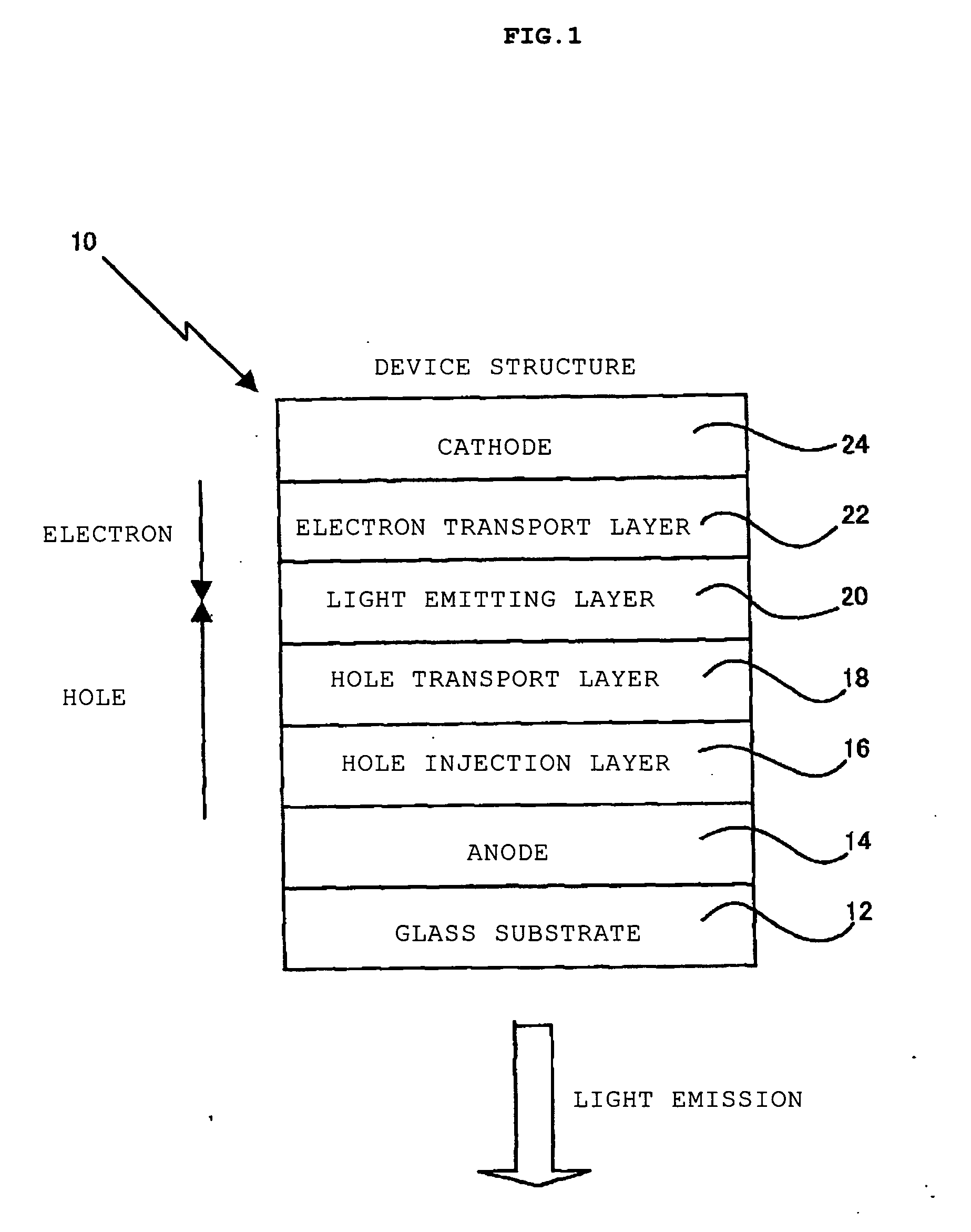
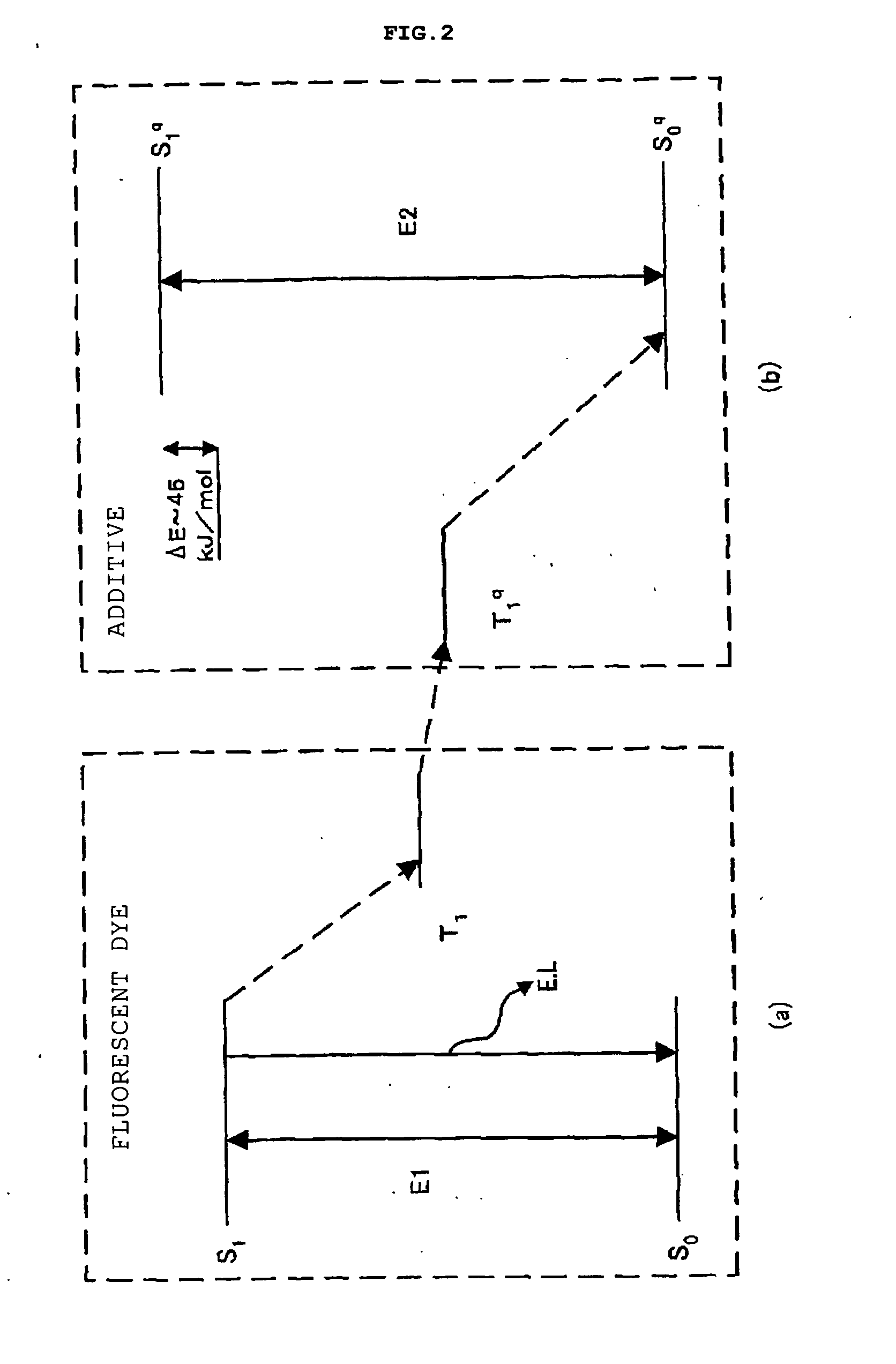
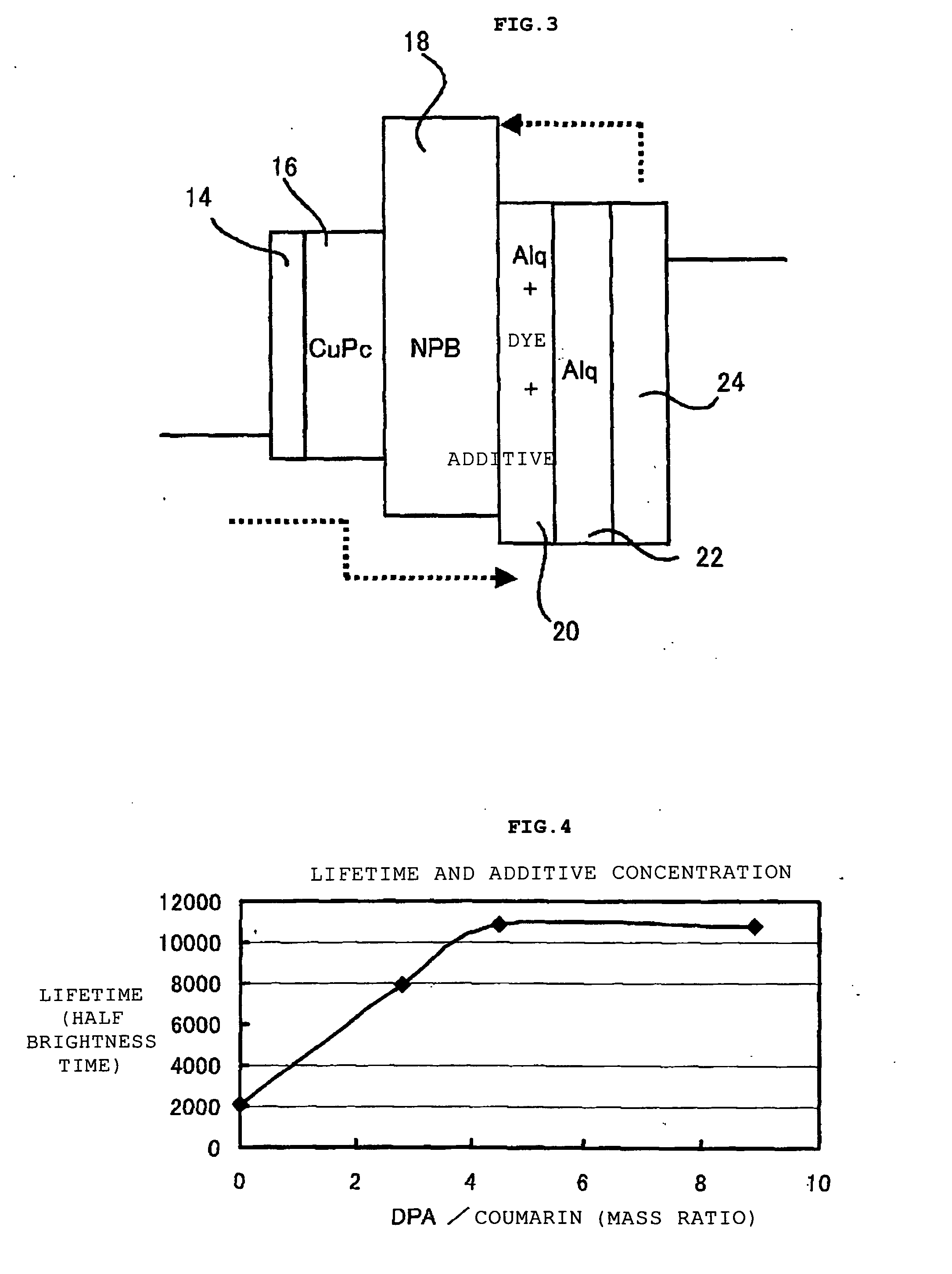
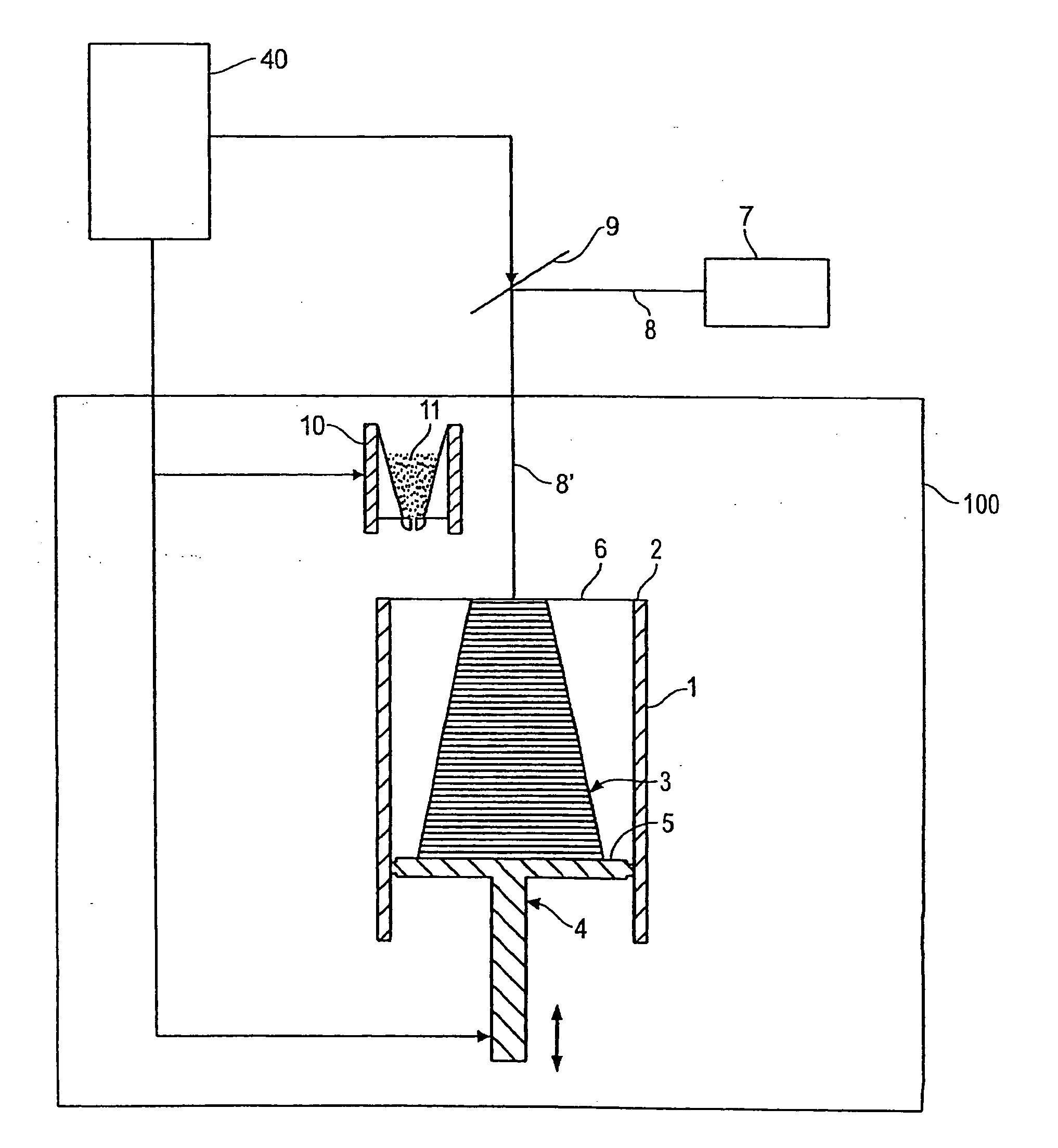
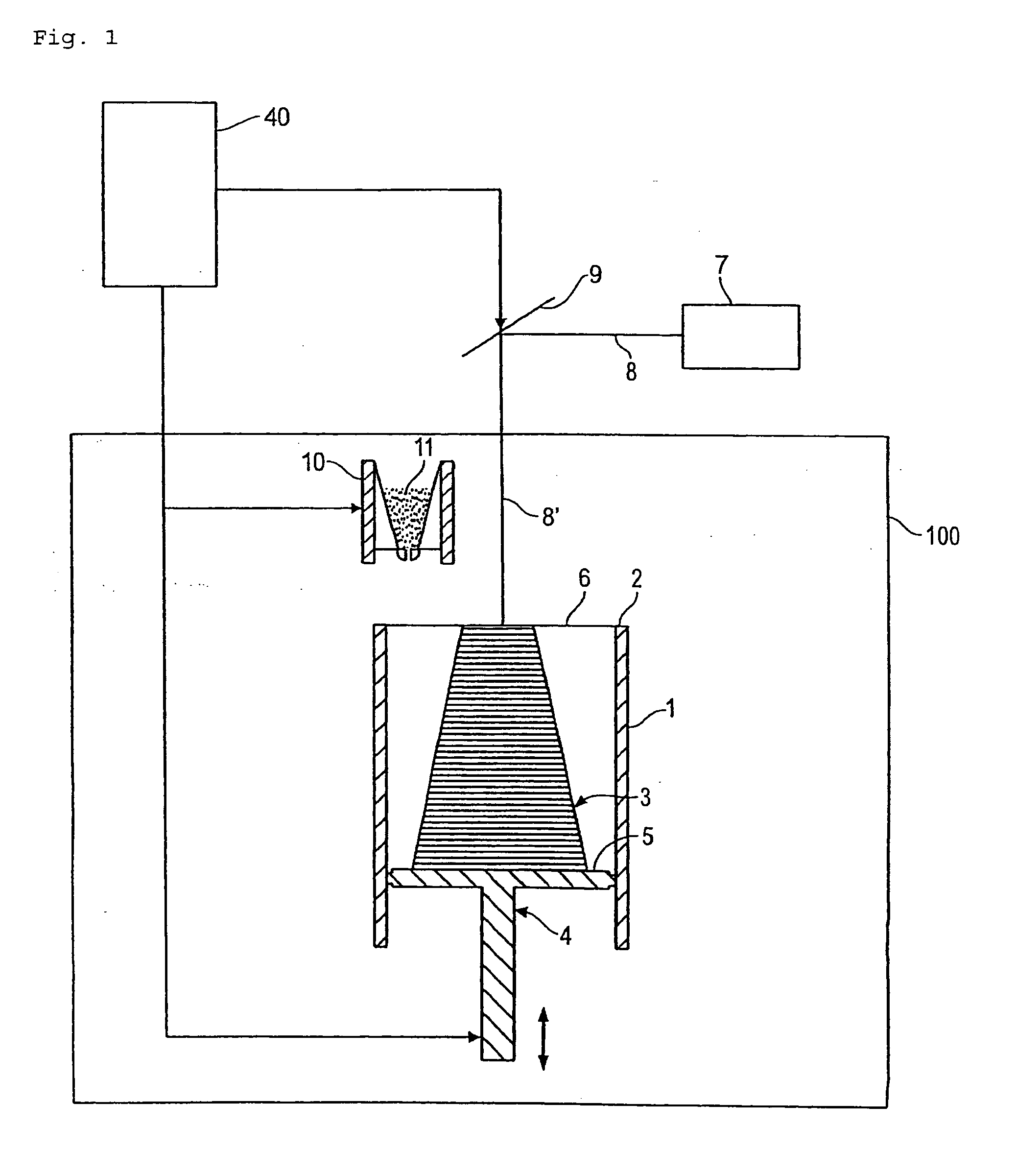

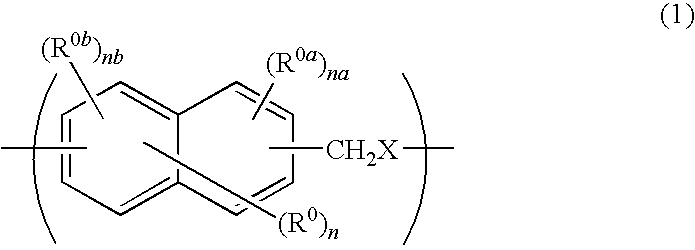
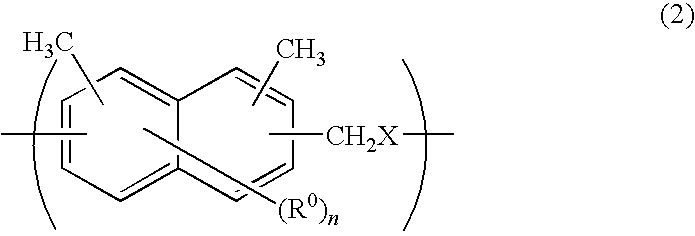

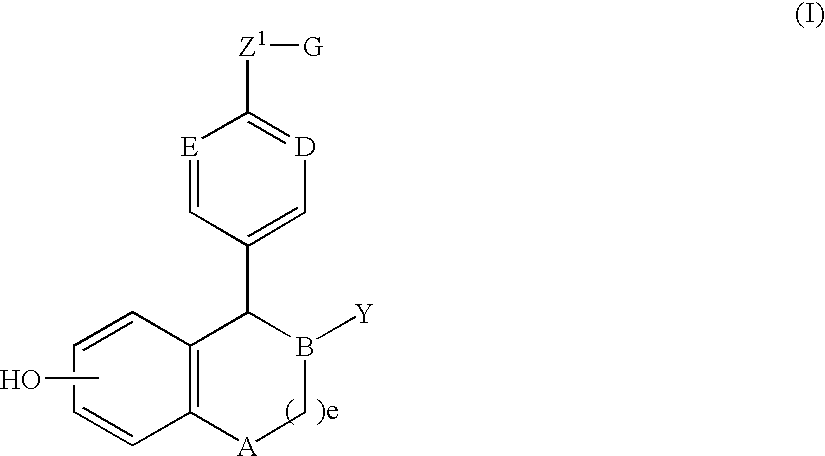

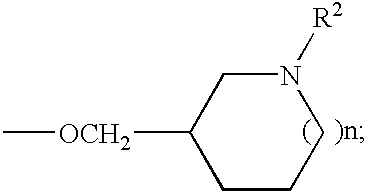
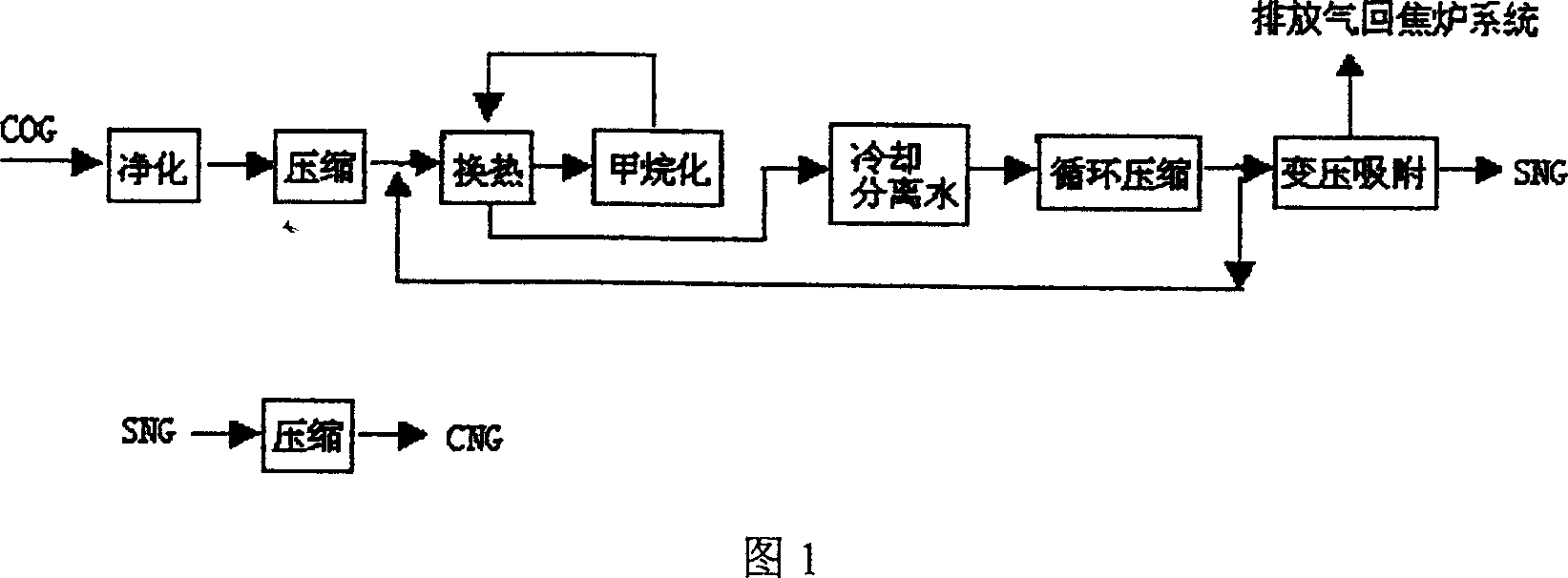
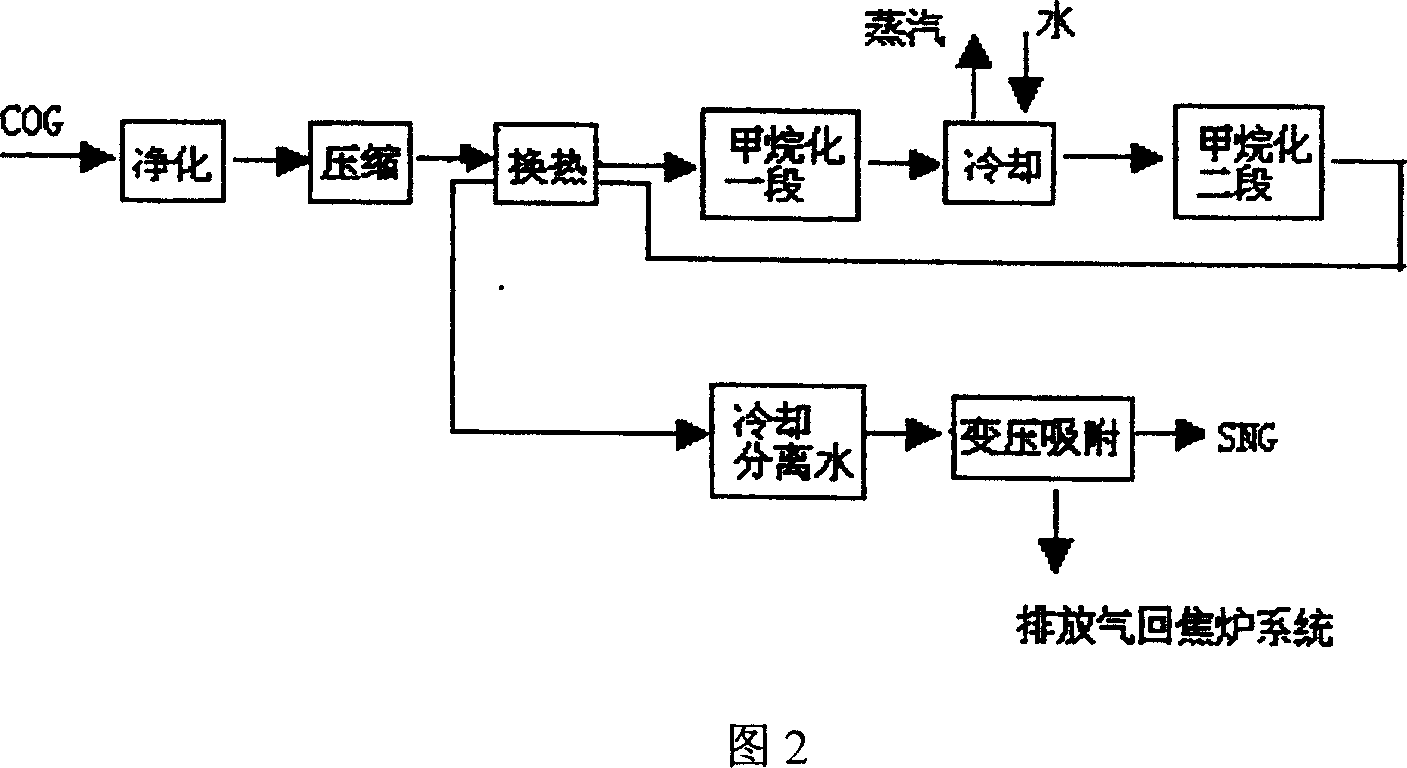
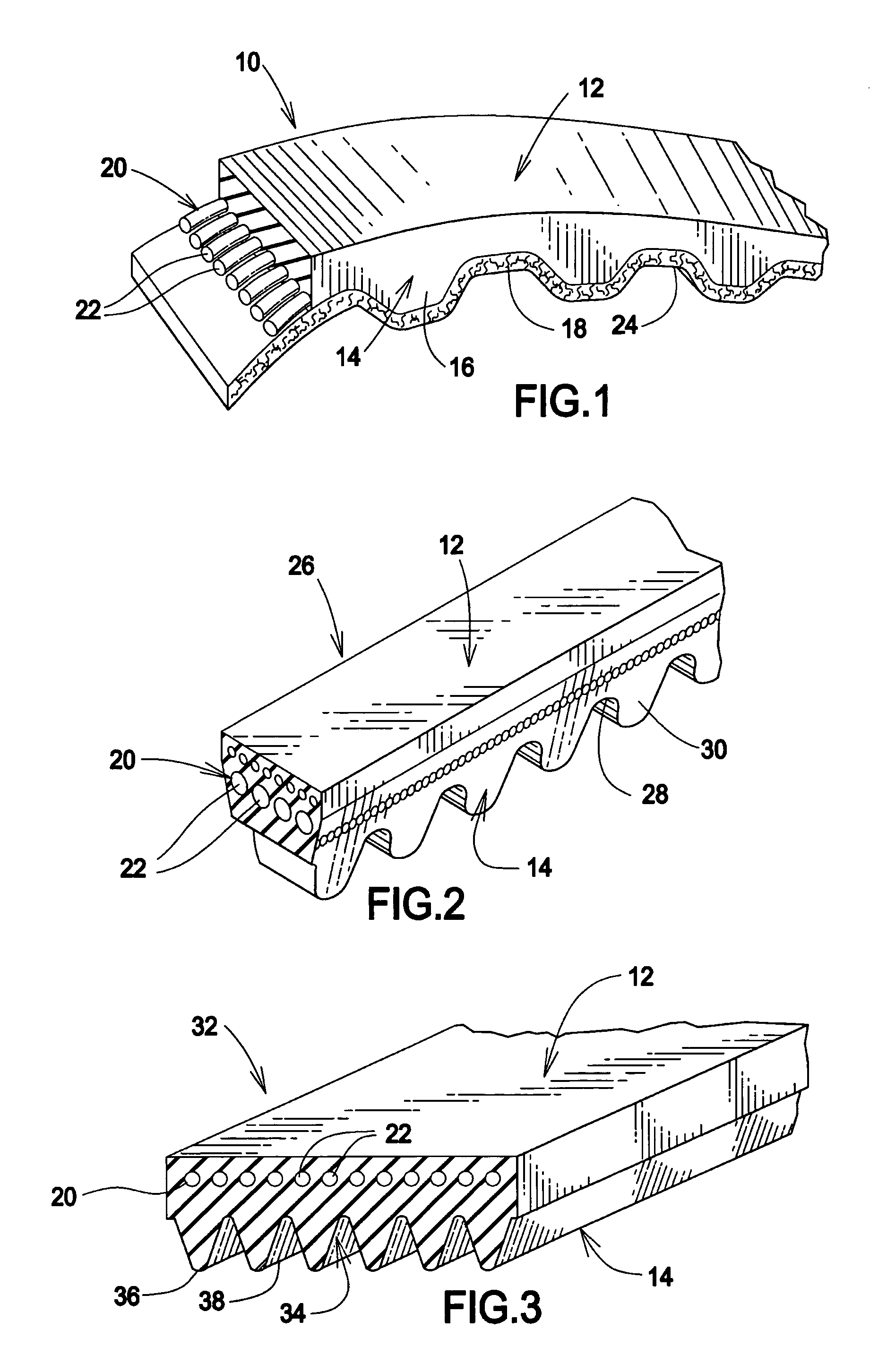
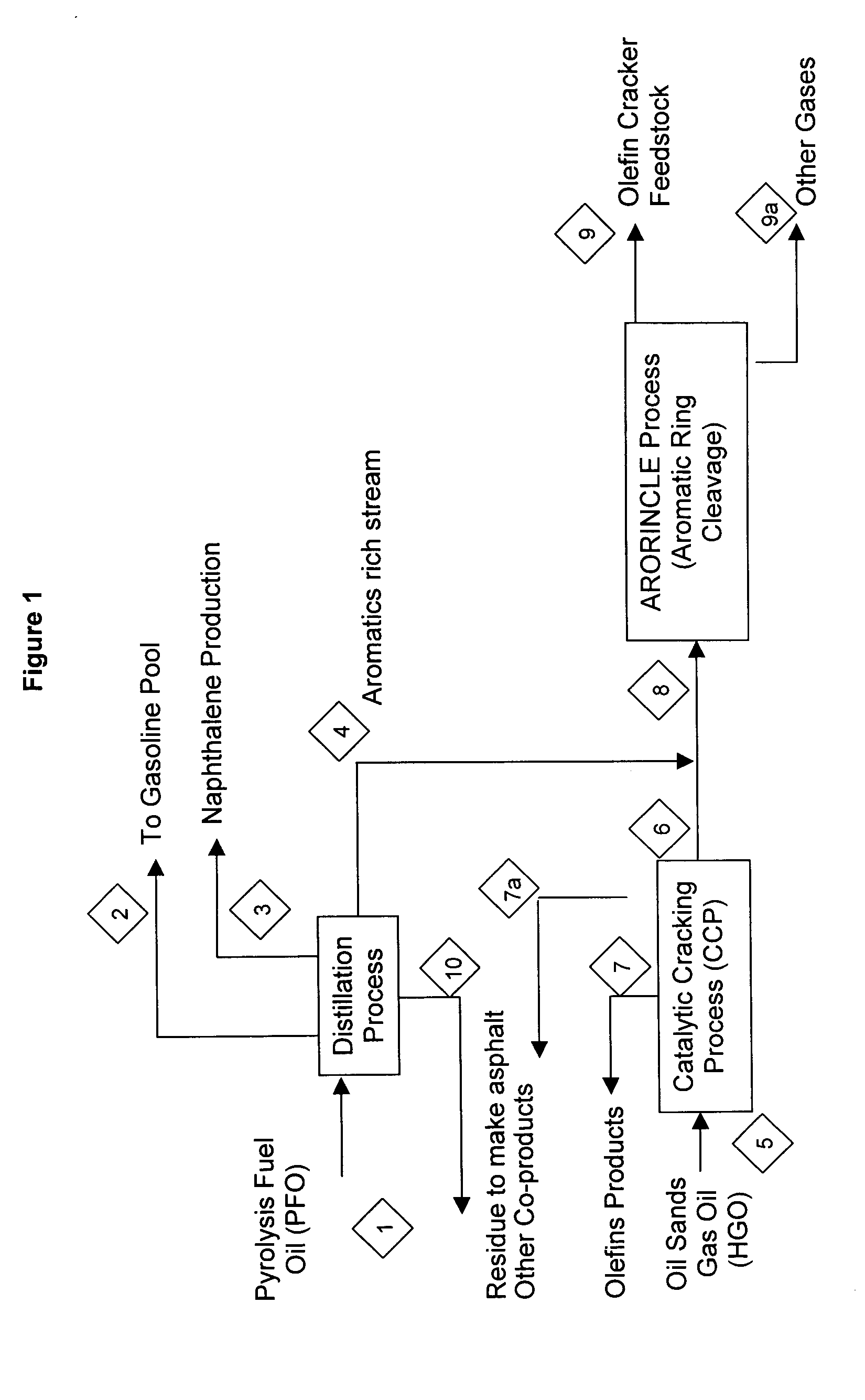


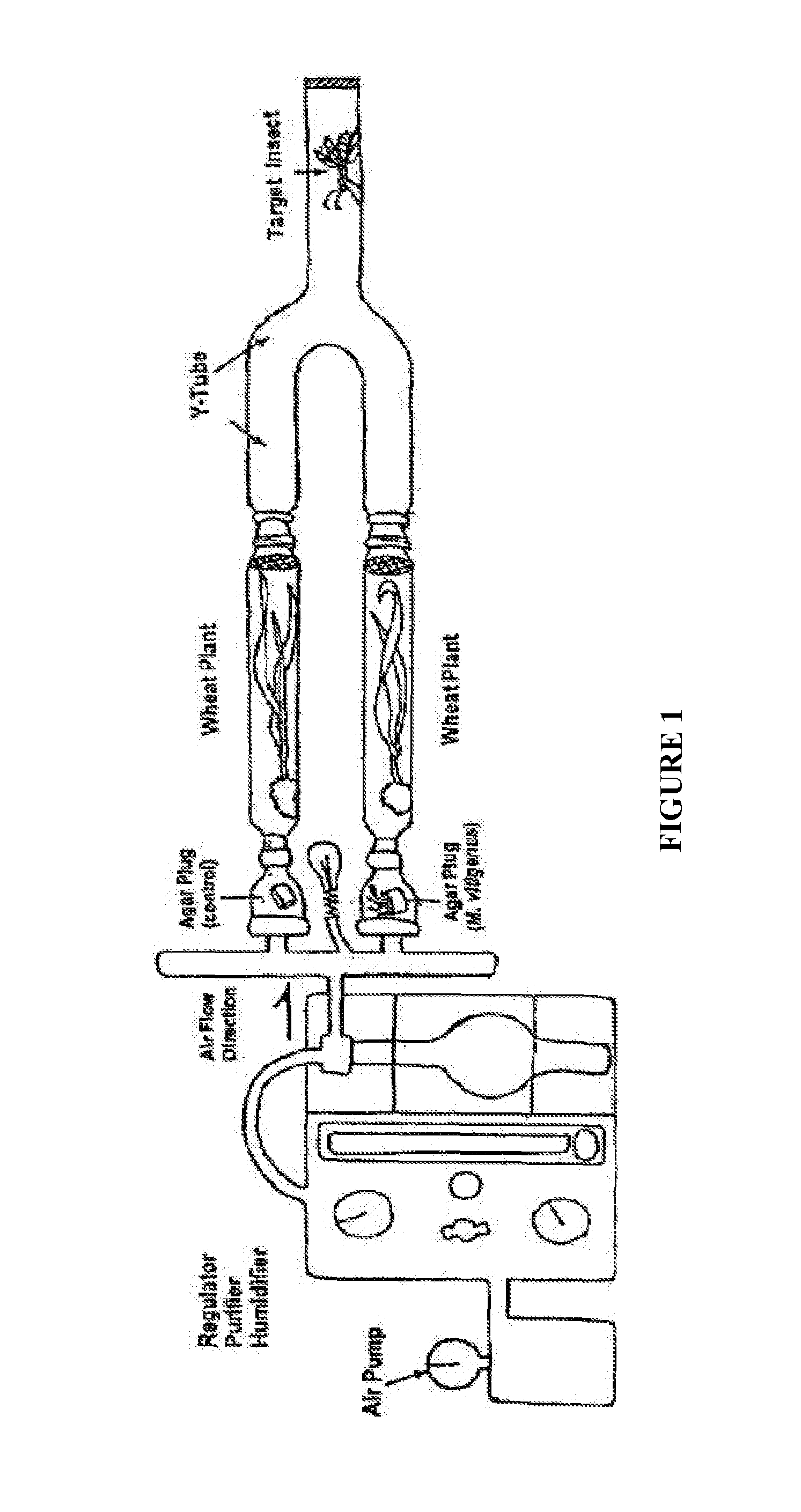
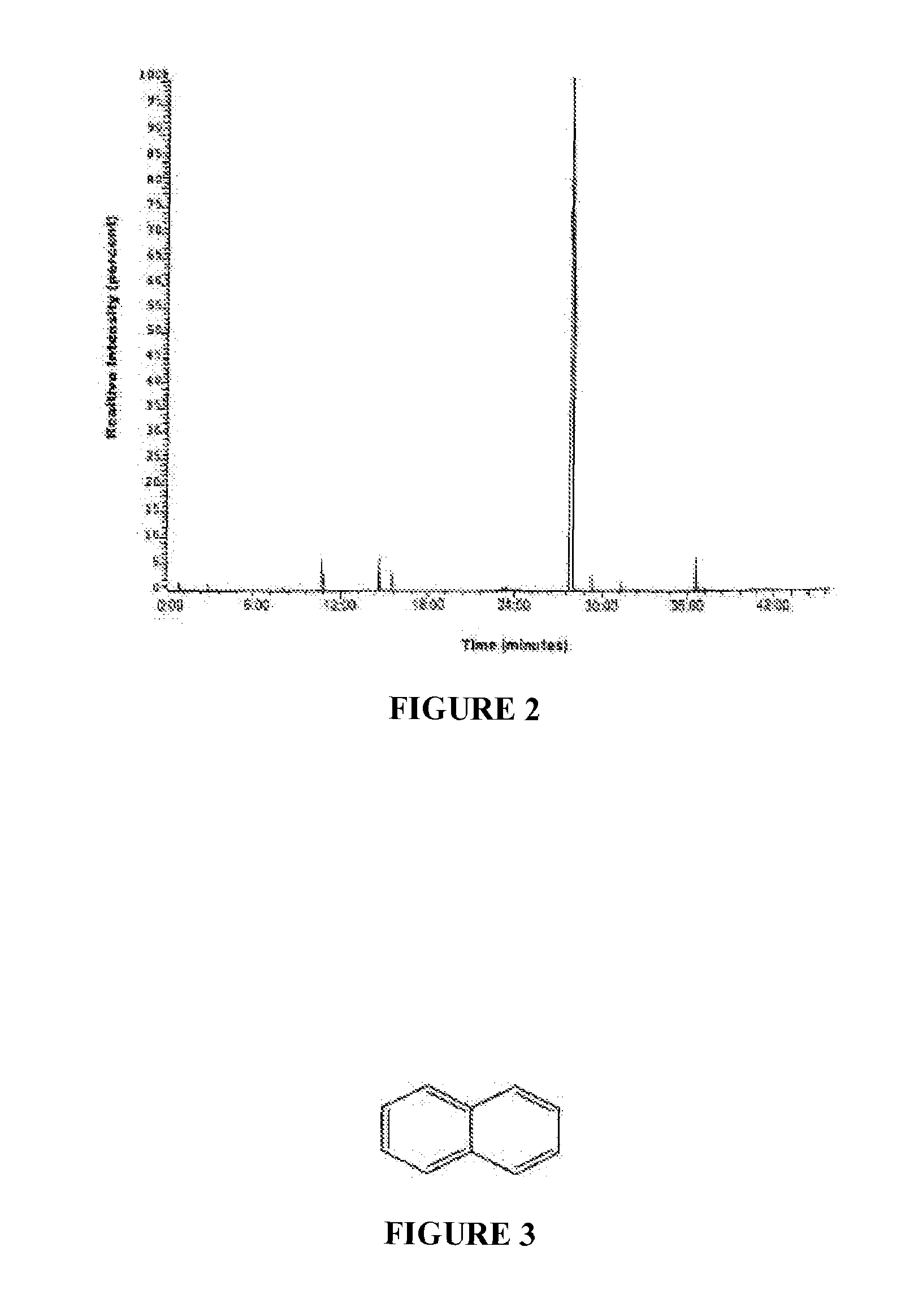
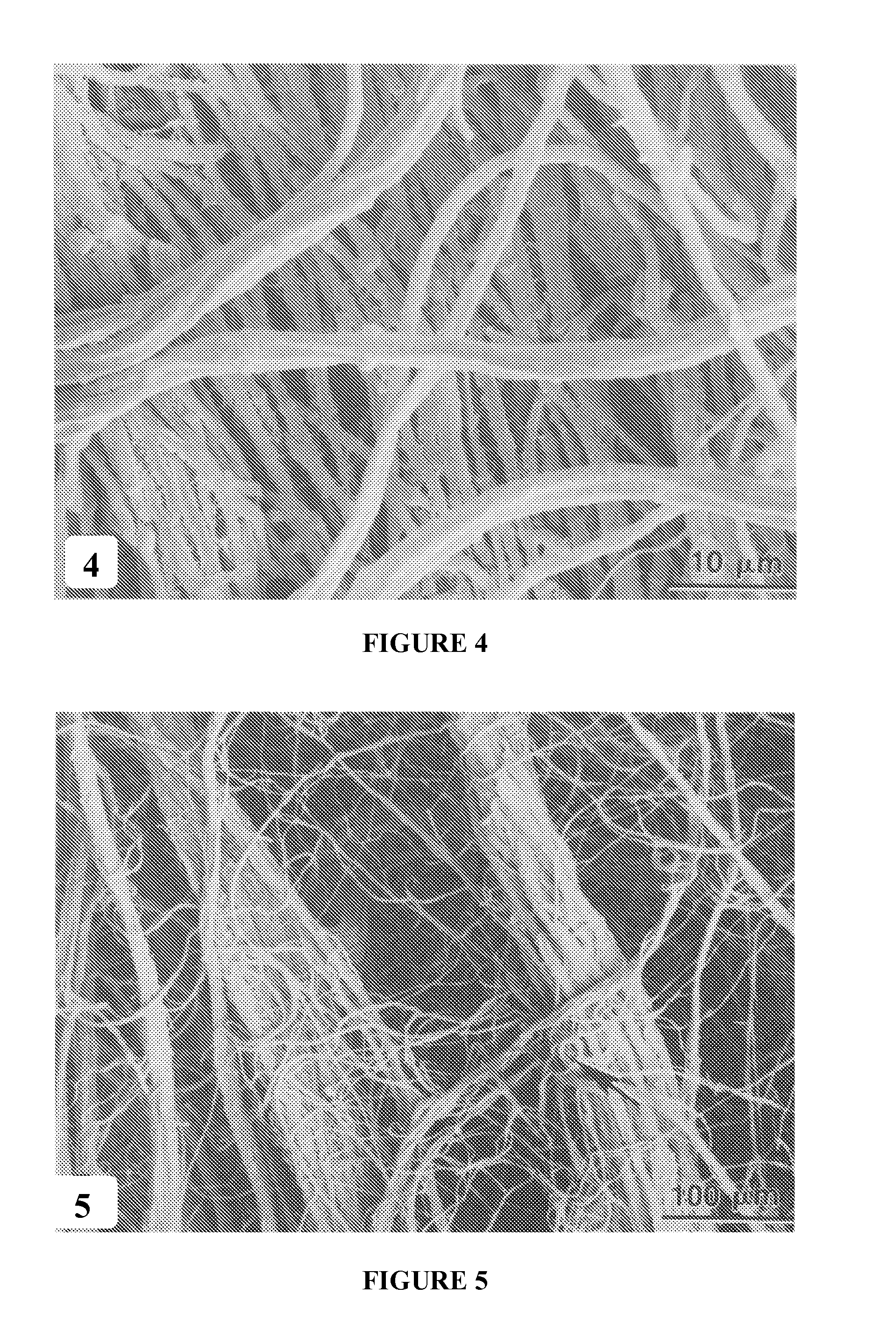
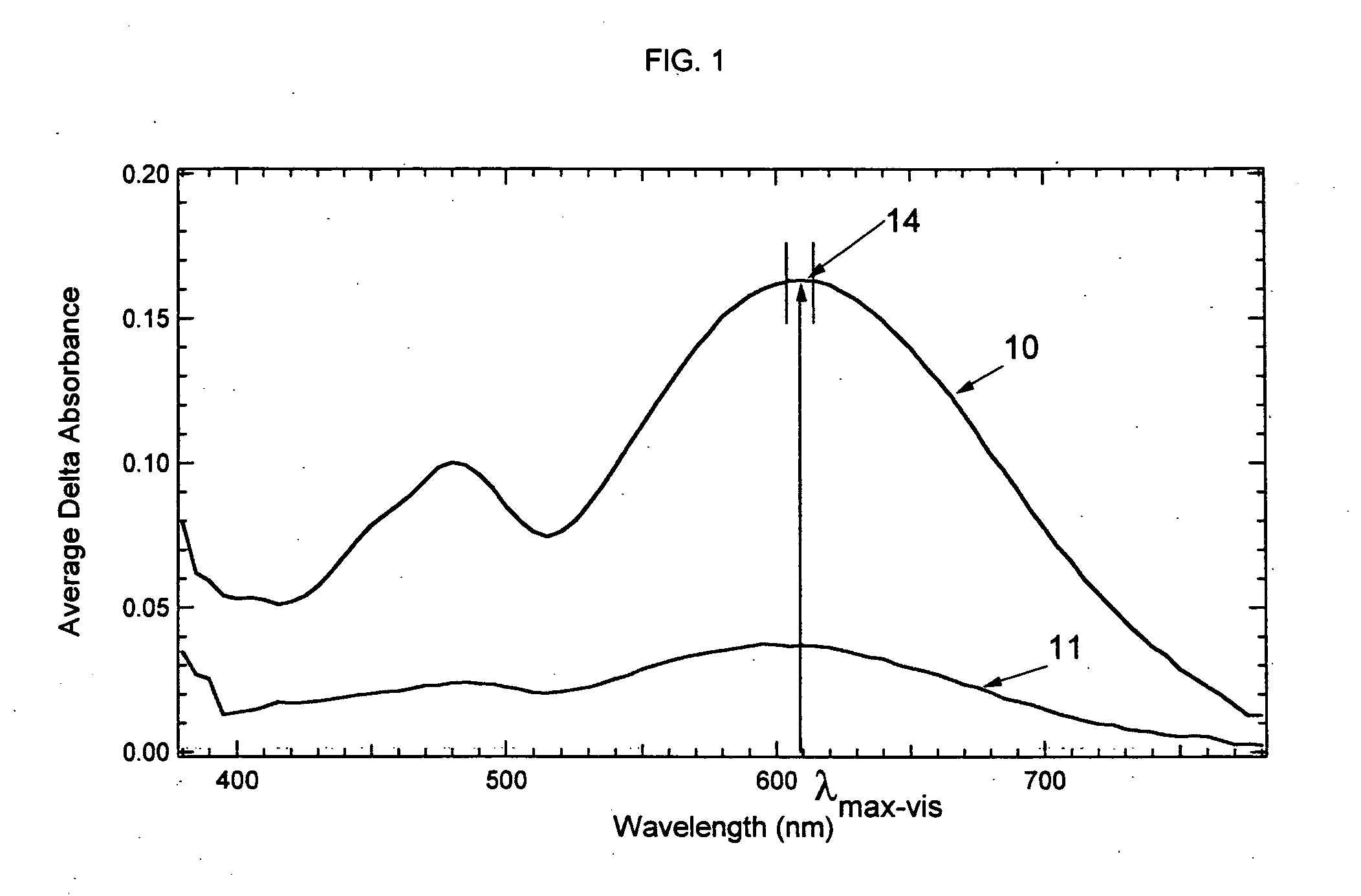
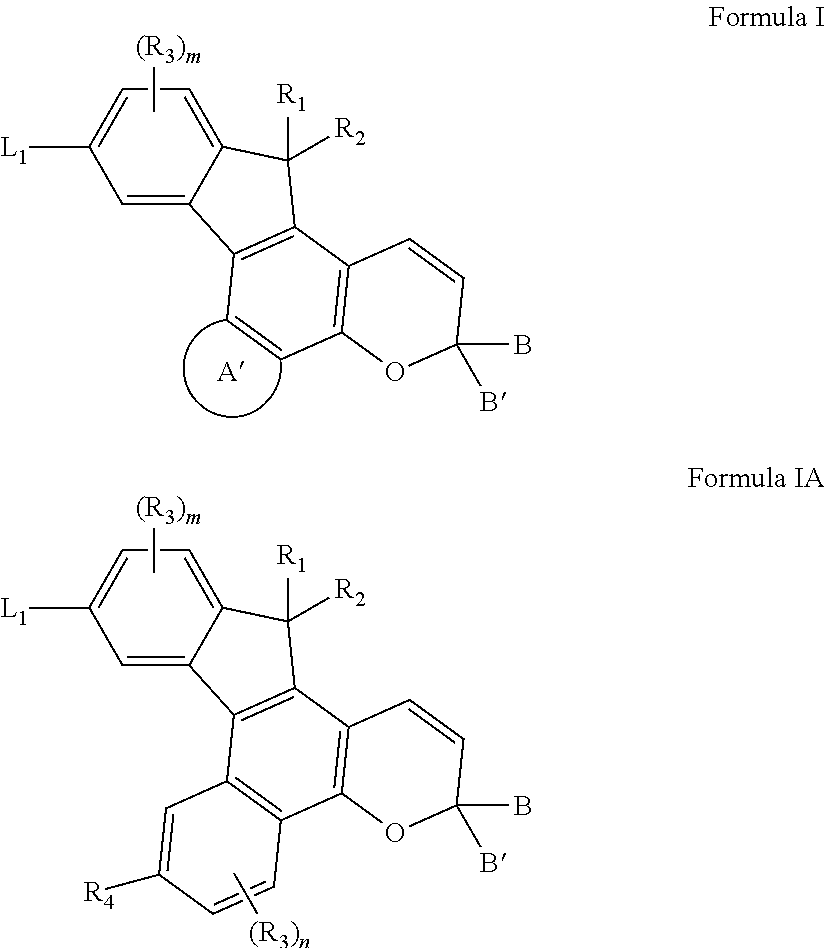
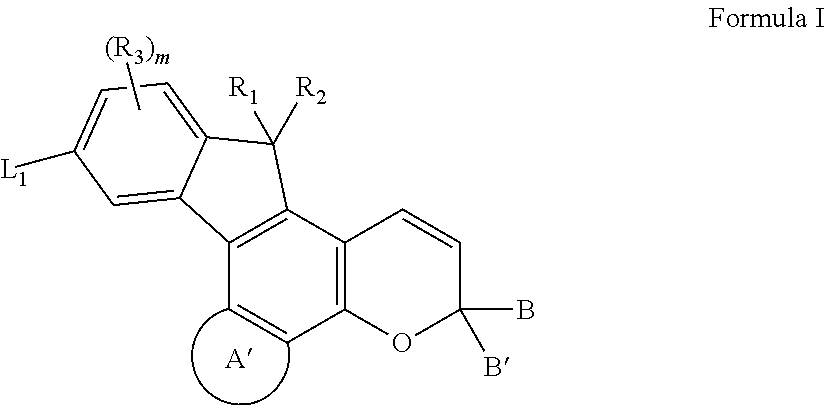

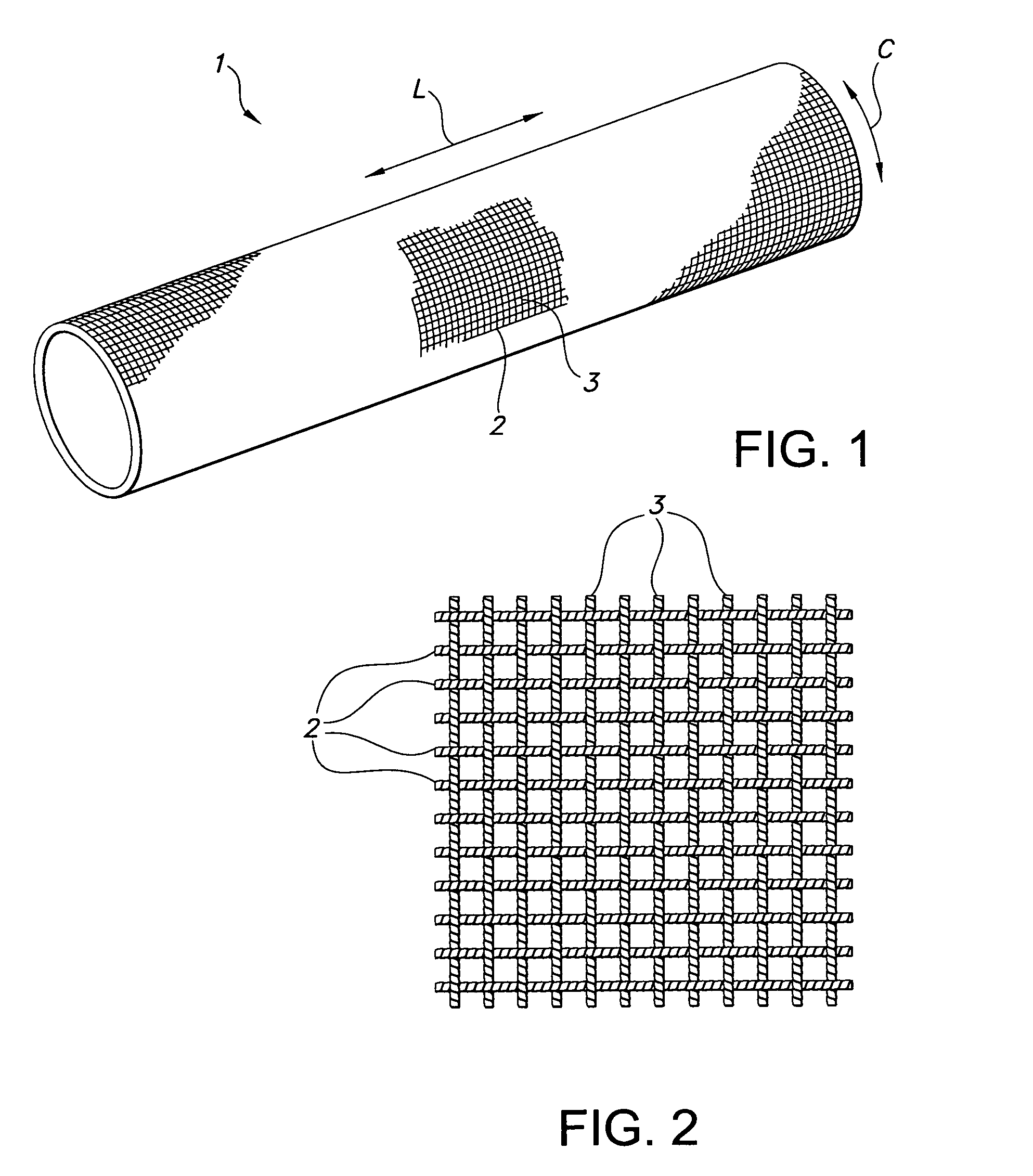
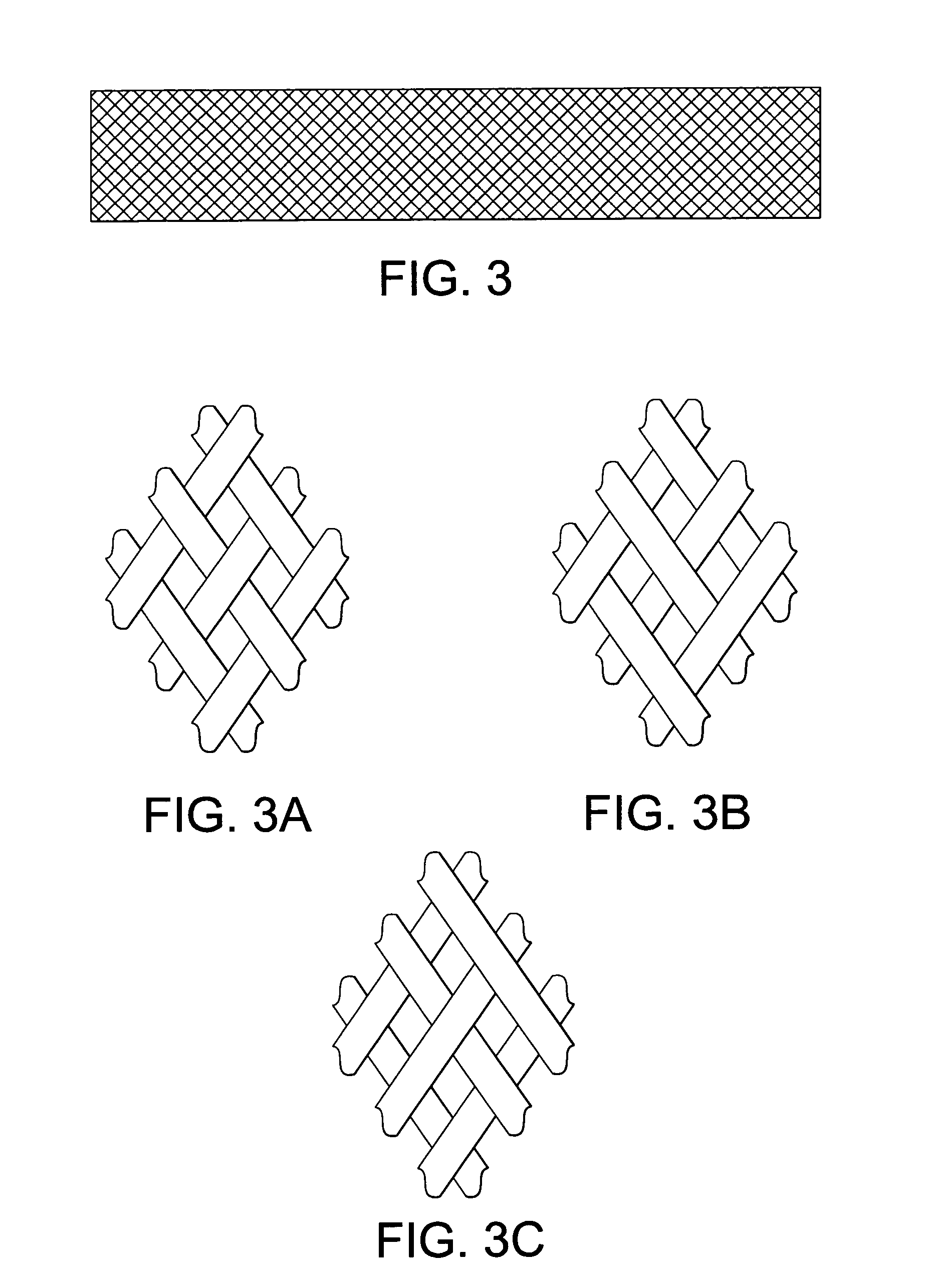
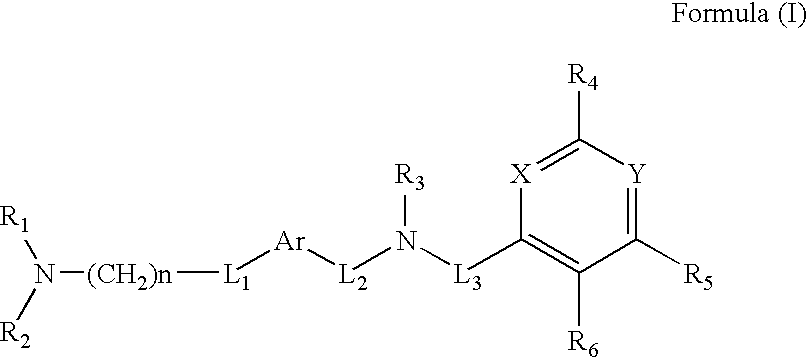
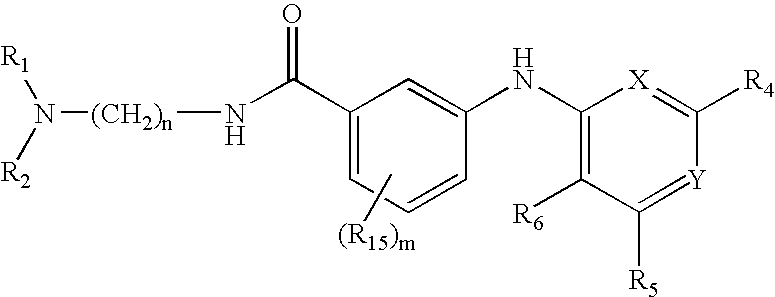
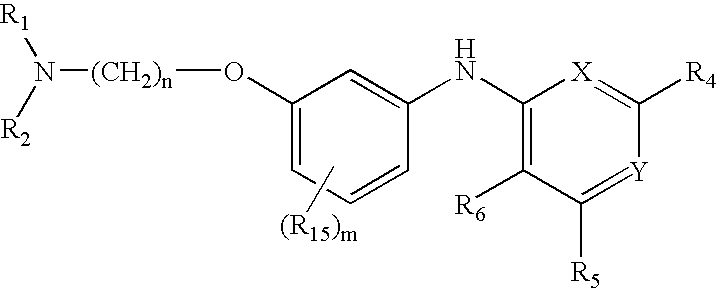
![Organic semiconductor material containing naphthalene [1, 2-c: 5, 6-c] di [1, 2, 5] thiadiazole and application thereof Organic semiconductor material containing naphthalene [1, 2-c: 5, 6-c] di [1, 2, 5] thiadiazole and application thereof](https://images-eureka.patsnap.com/patent_img/60086426-a8d6-48fe-83a2-b88c7b9342e9/HSA00000374537600011.PNG)
![Organic semiconductor material containing naphthalene [1, 2-c: 5, 6-c] di [1, 2, 5] thiadiazole and application thereof Organic semiconductor material containing naphthalene [1, 2-c: 5, 6-c] di [1, 2, 5] thiadiazole and application thereof](https://images-eureka.patsnap.com/patent_img/60086426-a8d6-48fe-83a2-b88c7b9342e9/HSA00000374537600012.PNG)
![Organic semiconductor material containing naphthalene [1, 2-c: 5, 6-c] di [1, 2, 5] thiadiazole and application thereof Organic semiconductor material containing naphthalene [1, 2-c: 5, 6-c] di [1, 2, 5] thiadiazole and application thereof](https://images-eureka.patsnap.com/patent_img/60086426-a8d6-48fe-83a2-b88c7b9342e9/HSA00000374537600021.PNG)